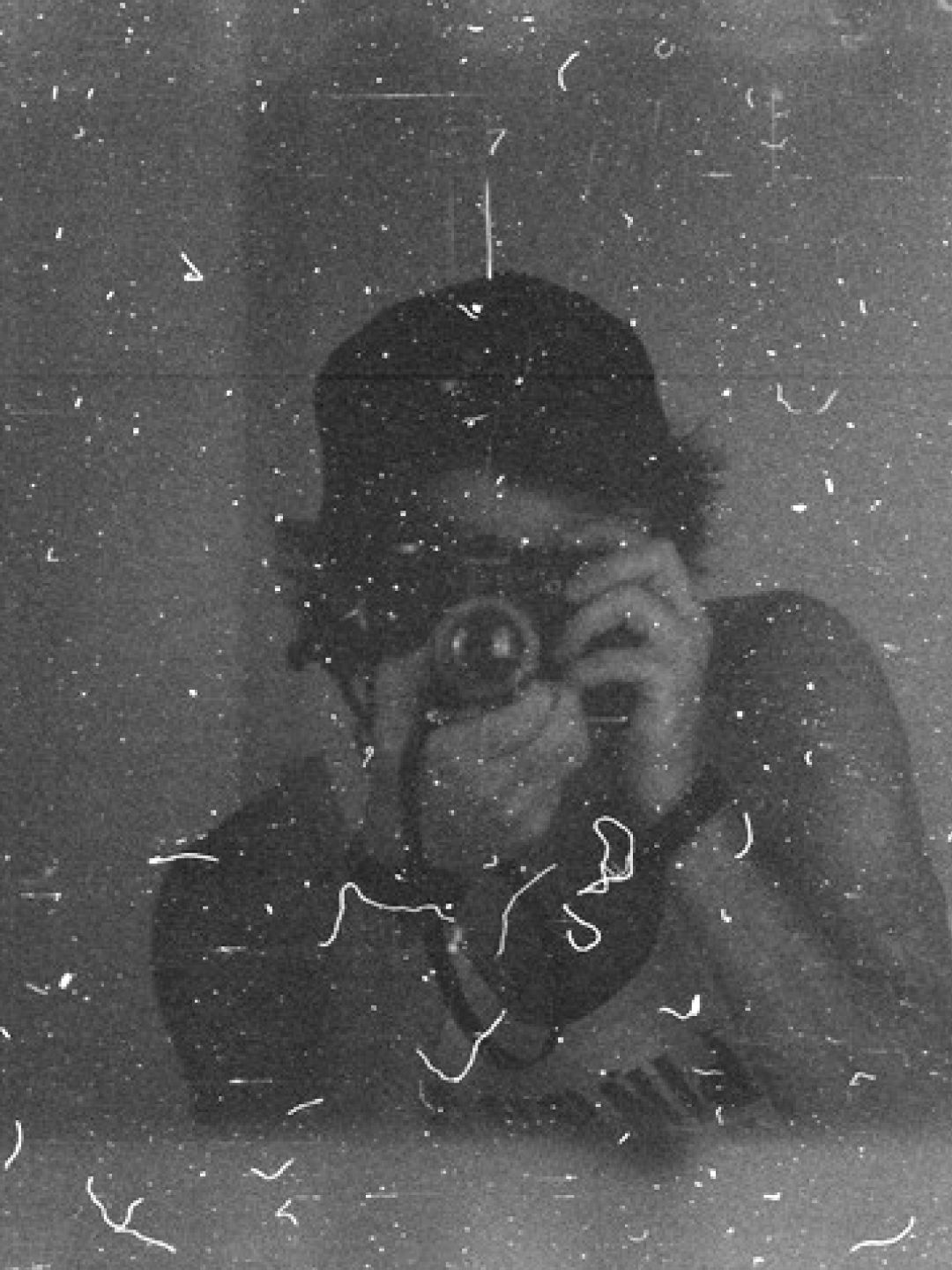Where the Crickets Sing
In Tbilisi, summer doesn’t arrive by calendar — it arrives by sound. More precisely, by a chorus. When crickets creep out from balconies, window sills, cracks in the asphalt and leaky basements — shimmering creatures made of copper and music. Their song is something between a bowless violin and a dusty memory — it becomes the city’s background hum, like an old record playing softly while life happens.
It was July, in the outskirts of Lomis Mta — one of those distant districts where the high-rises stand so close, you can hear your neighbor in the building across the street uncorking a bottle at night. Here lived a musician, Archi — a retired composer who once wrote strange scores for forgotten films. He didn’t play anymore, but every night he opened the window and listened. Not to the street, not to the cars — but to the crickets.
It always began with a single trill — like someone testing the silence. Then another. Then more. By midnight, the whole valley of Lomis Mta rang like a secret harp, its strings untouched by hands but still knowing exactly how to sound. The musician would sit in the dark, sipping thyme tea and recording the night’s song on an old cassette player.
And then — there was silence.
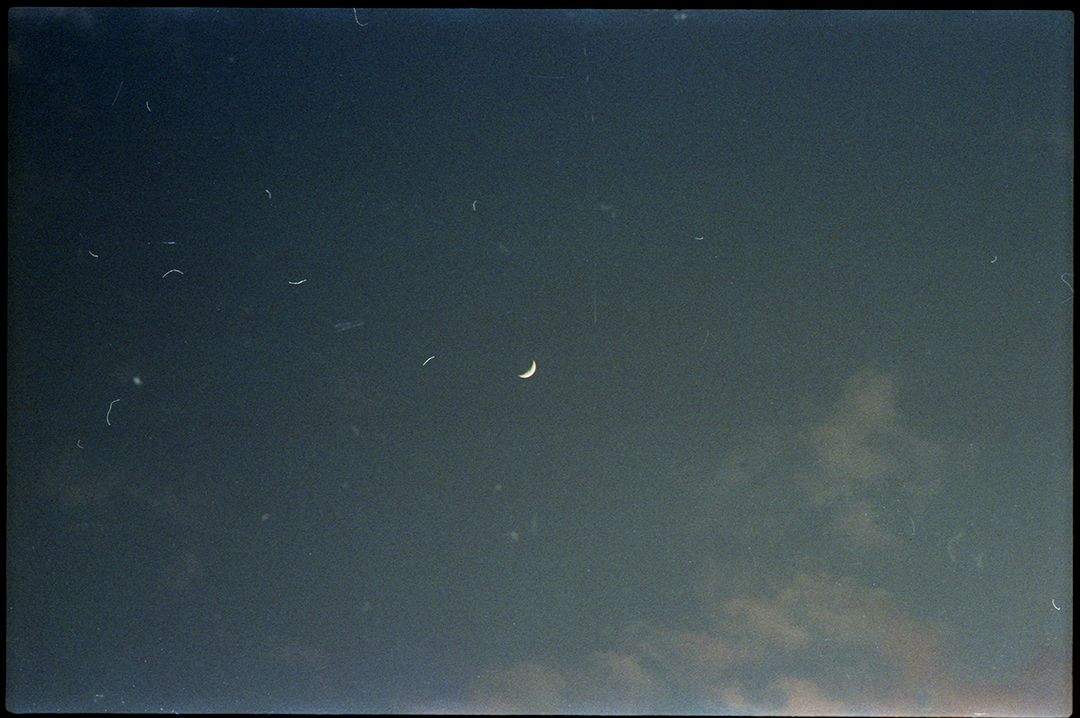
At first, he thought it was just a cooler night. Or someone had mowed the grass. But on the second, third, and fourth nights — still no crickets. Not a sound. Only the faint hum of a transformer box, as if the city itself had frozen to listen to its own heartbeat.
On the seventh night, Archi left his apartment. Tbilisi glowed yellow below — down there, it was still summer. Up here — something was wrong. He walked to the stone staircase leading to the gully behind the building, the place where crickets always gathered in the heat. Nothing. Just grass. He knelt down. The earth felt too quiet.
And then — he heard footsteps. Light, barefoot, behind him. He turned — no one. Only the air, thick with dust and warmth.
Who’s there?
No answer. Just a rustle — like someone turning a page. And then he heard:
Everything will turn out right. The world is built that way.
— The Master and Margarita, Mikhail Bulgakov
He went home without a word, not switching on the light. Sat by the window and stared into the dark. He knew now — beyond the buildings, beyond the hills where no construction had reached yet, where the ground still breathed like skin — they had taken the crickets. All of them. Someone, or something.
In the morning, he woke to a click. Then another. And another. A song. It was returning.
But now, it sounded different. Not high and bright, but deeper. As if the crickets weren’t outside, but inside the building. He opened a kitchen cabinet — and there was one. Sitting in a porcelain teacup he hadn’t used since the ’90s. Staring at Archi. Singing.
The musician laughed. He understood now: the song hadn’t vanished. The world had just changed instruments.
From that day on, he began composing a new symphony. Without notes. Without a violin. Just the hum of tiny voices. A song about how the city breathes, and how in its cracks live the sounds that disappear only to return — and remind you that you are not alone

Where Morning Begins
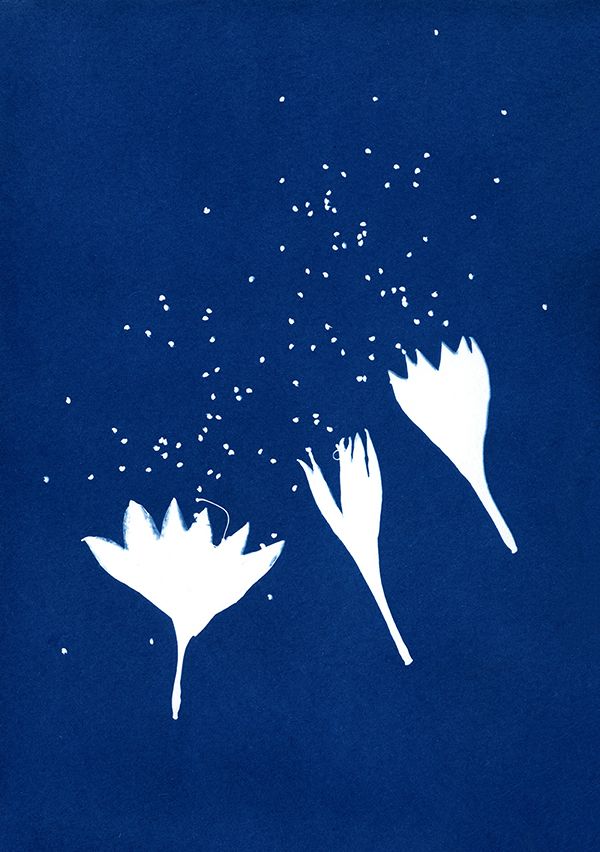
Sun Kissed Flowers

I listen to the bread
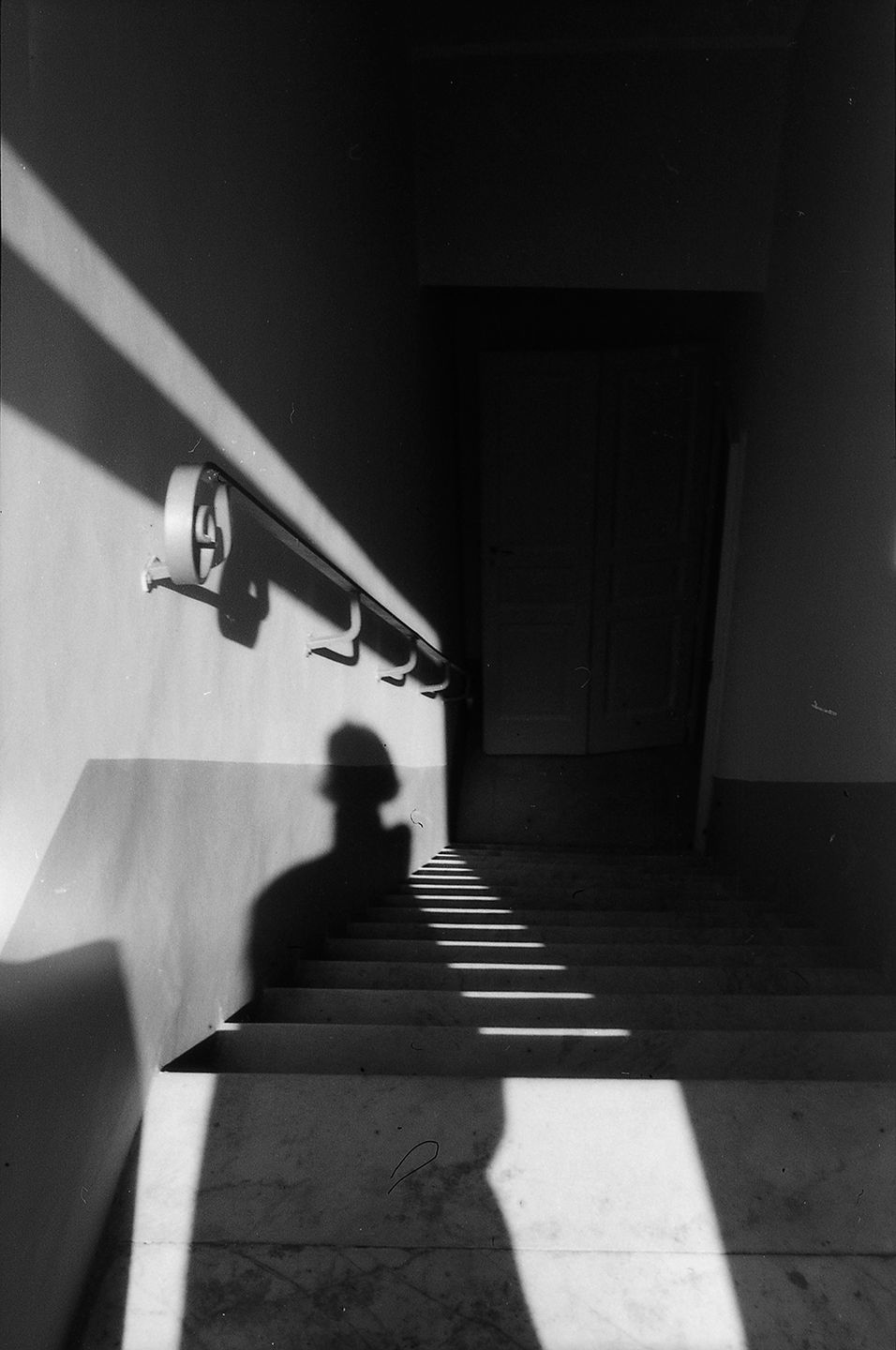
Shut Up and Shoot

Twenty Two
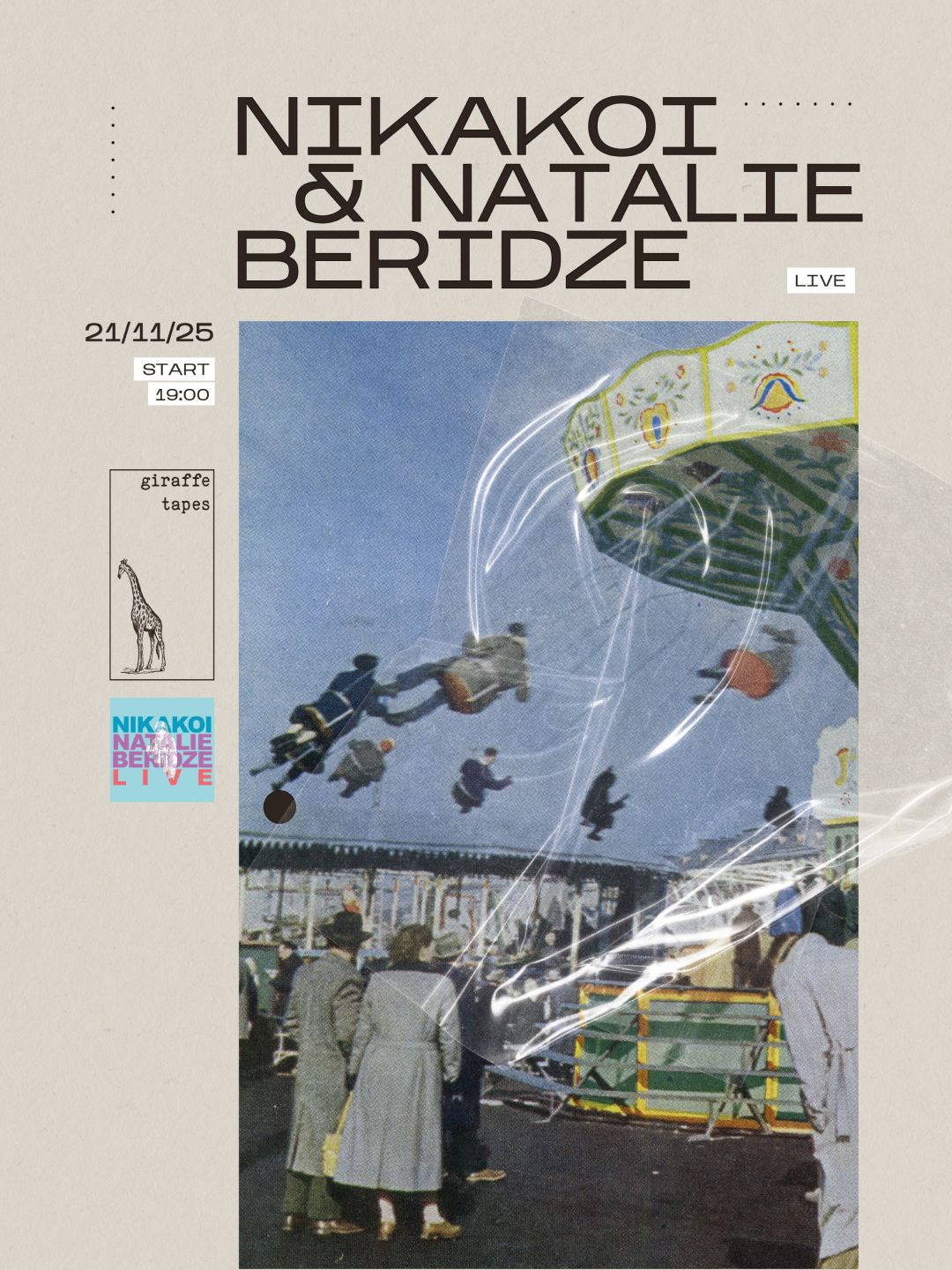
A short note before Friday
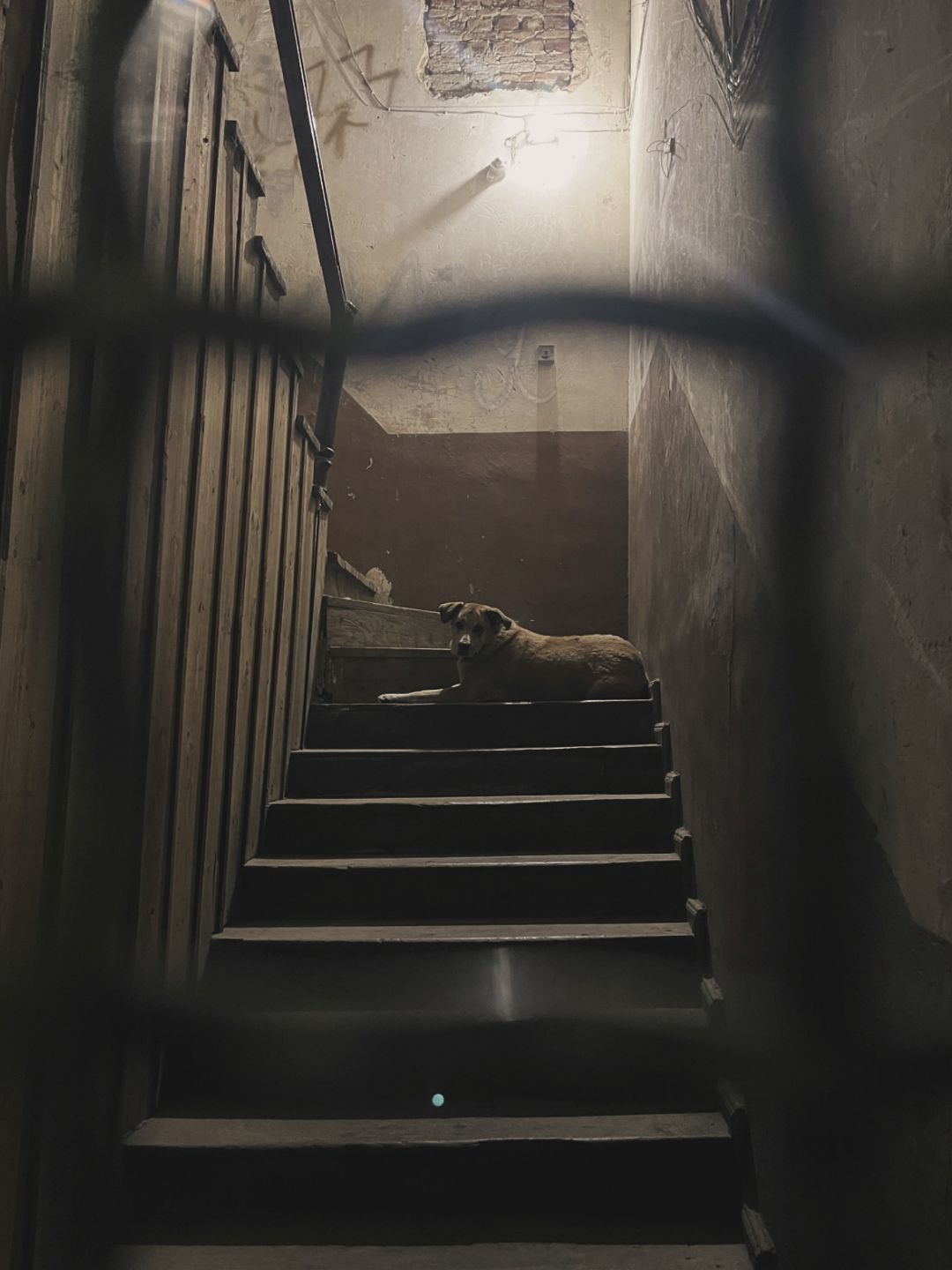
Bambusikha

Cardamon Spell — one day only
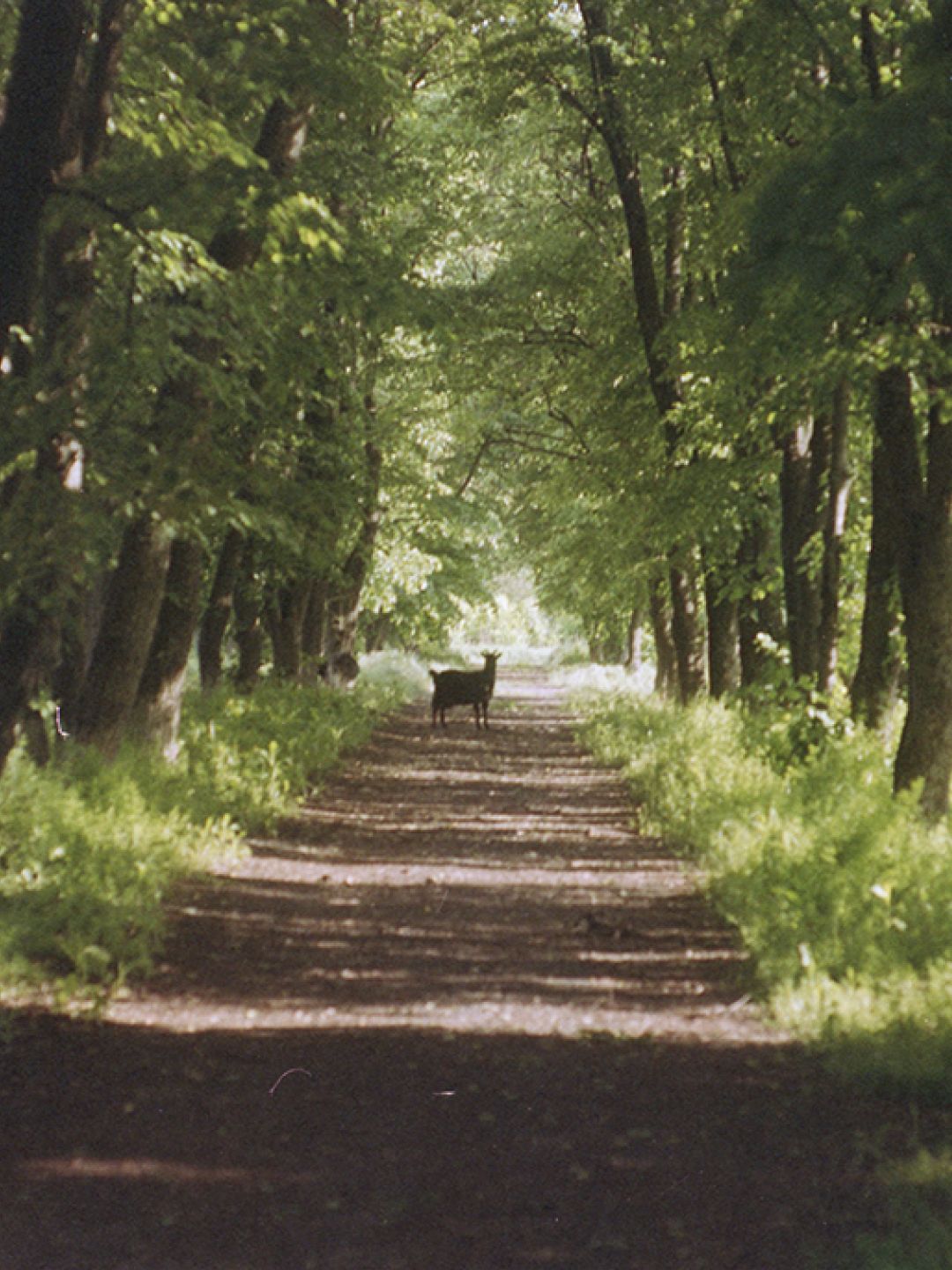
The Road to the Meadow of Awakening
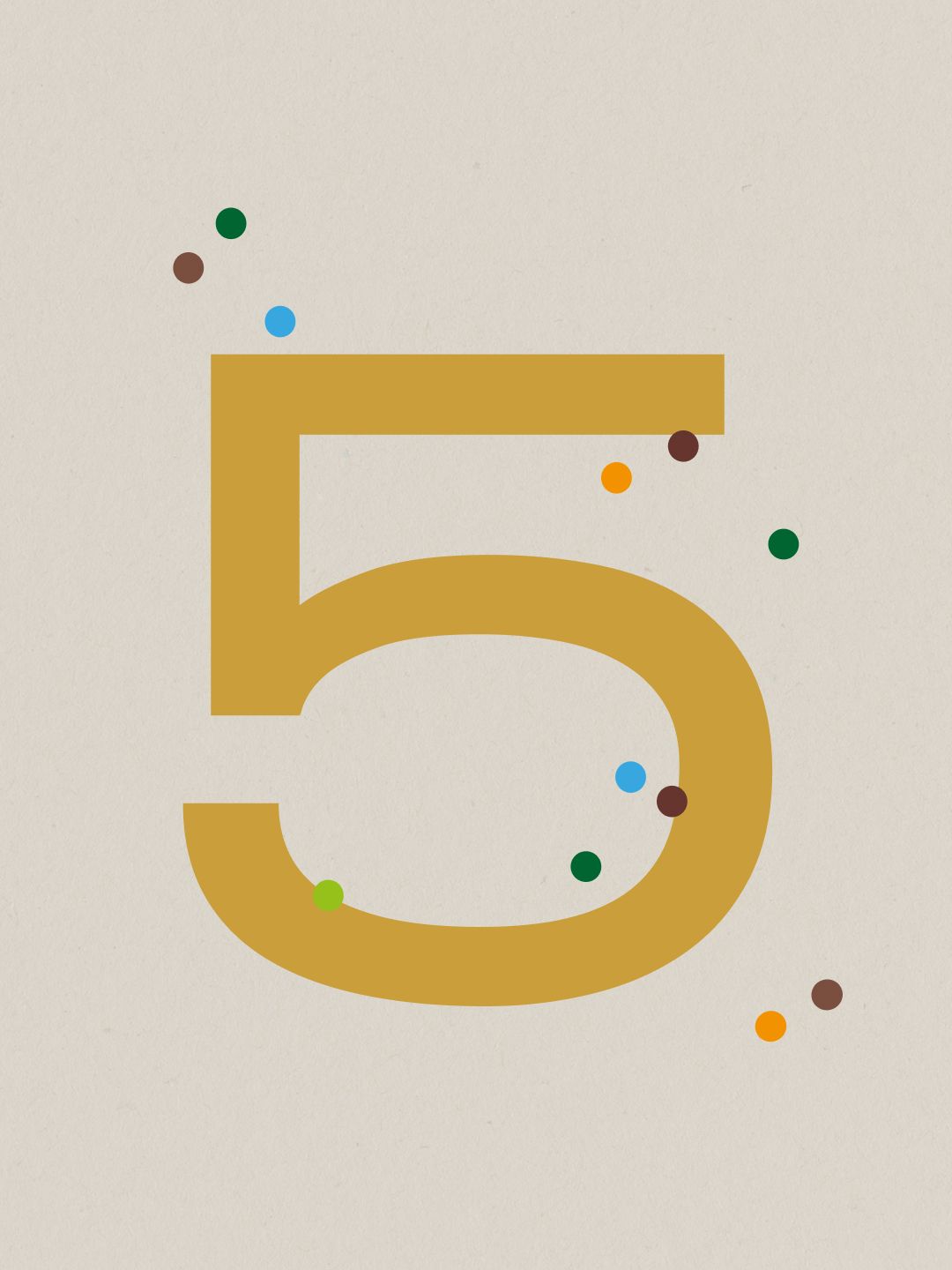
Giraffe Tapes returns home
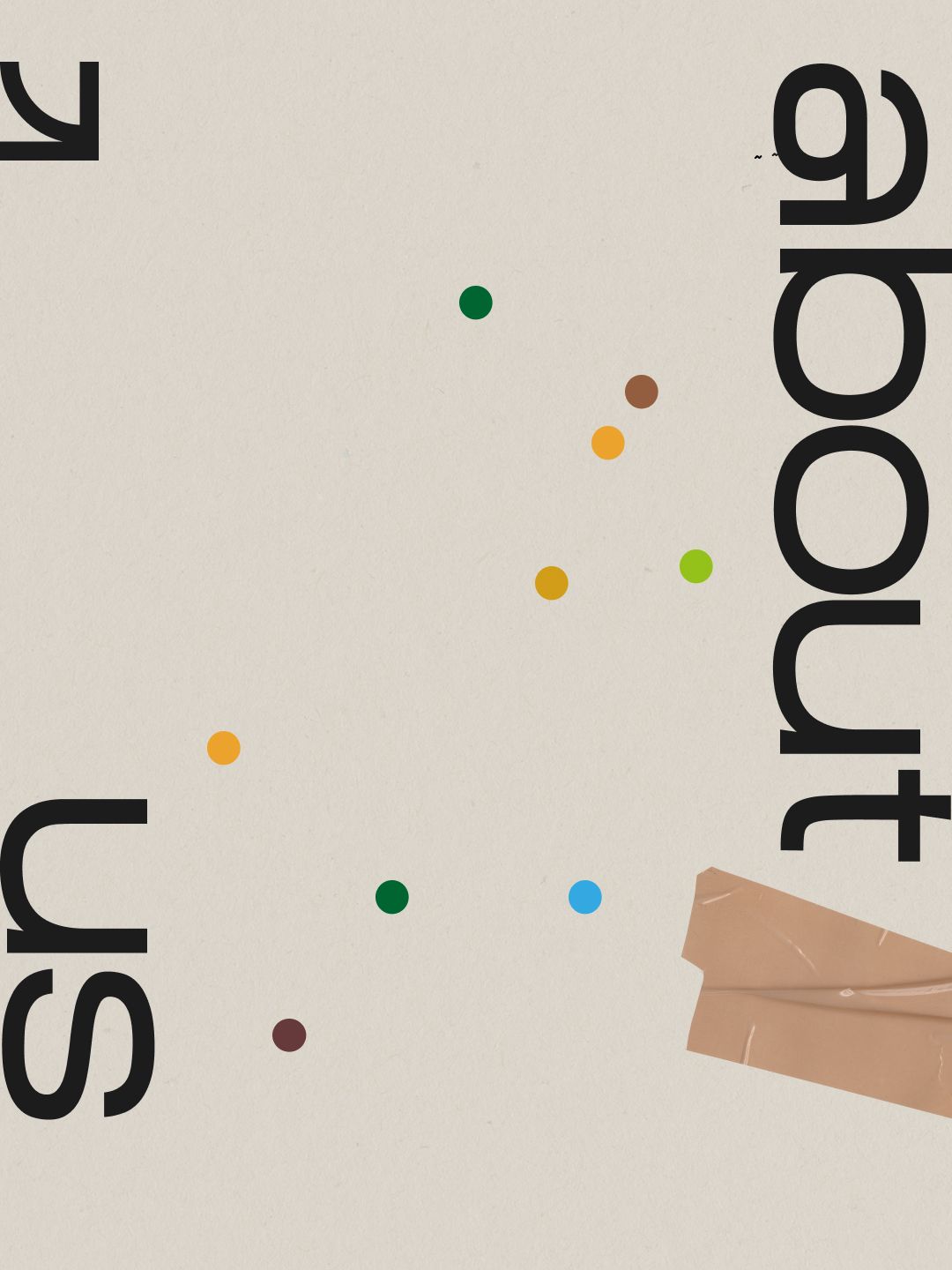
About us
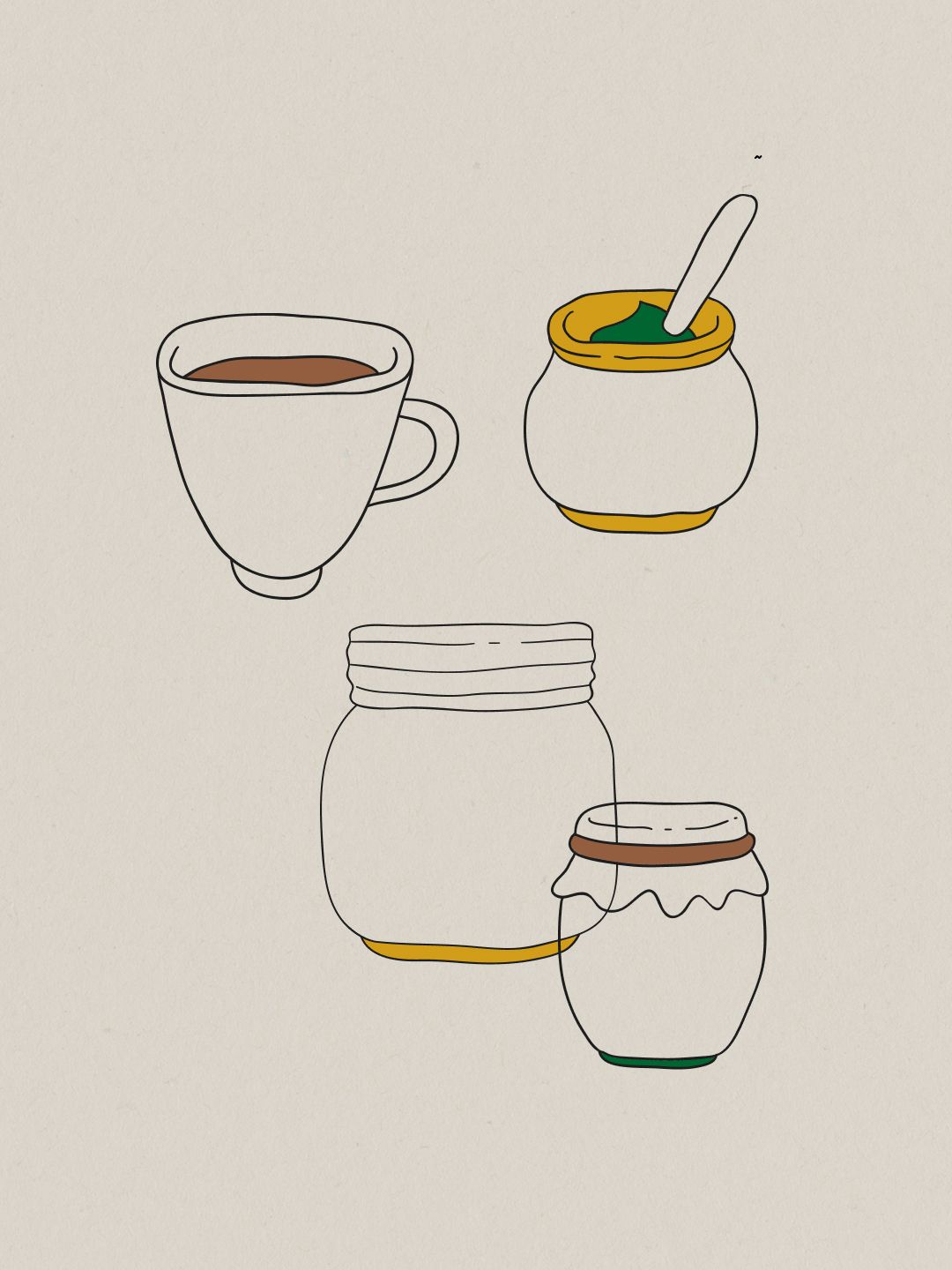
GiraffeHome — a place where food remembers why it was created
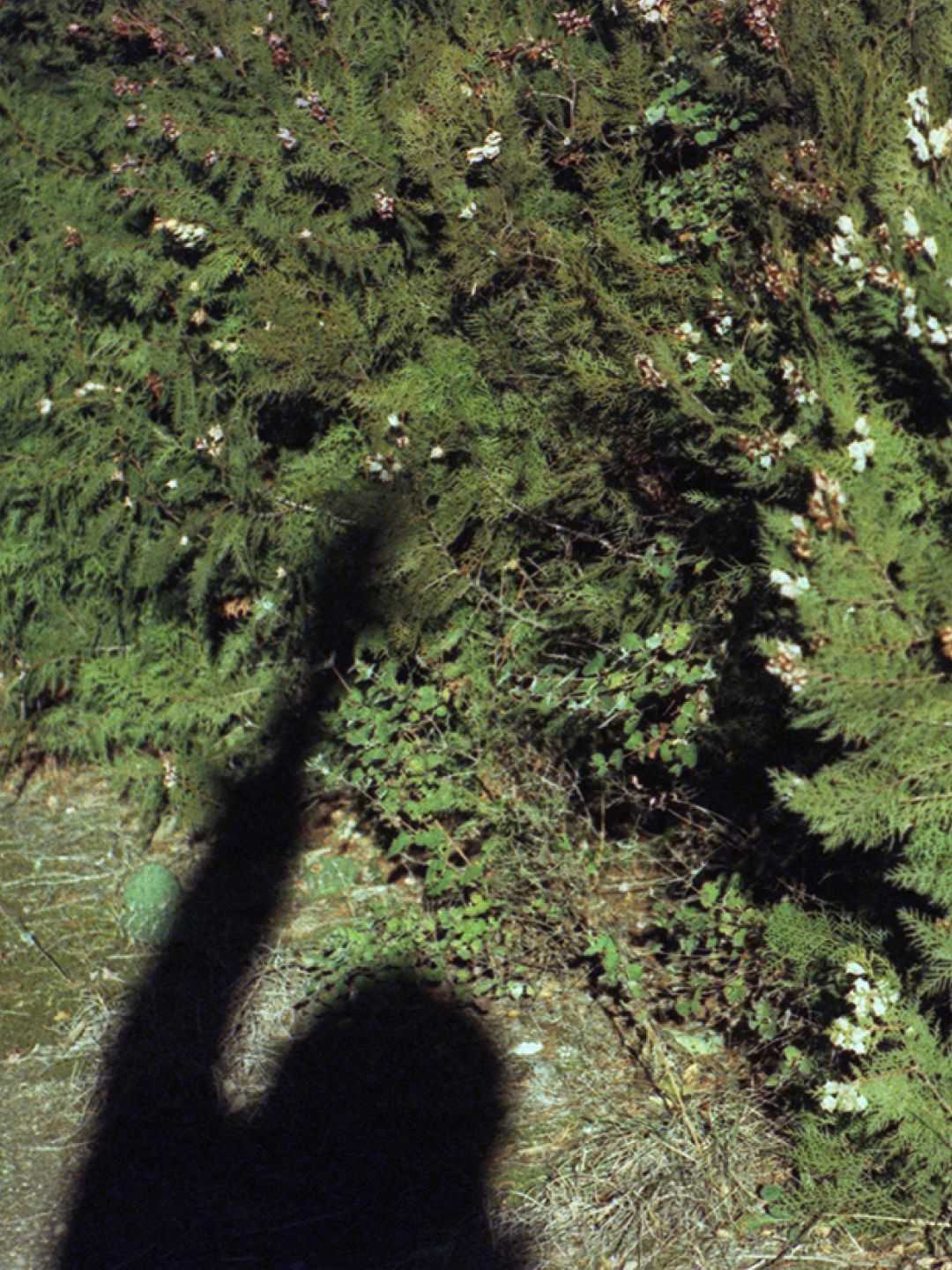
The Shadow That Knew the Light
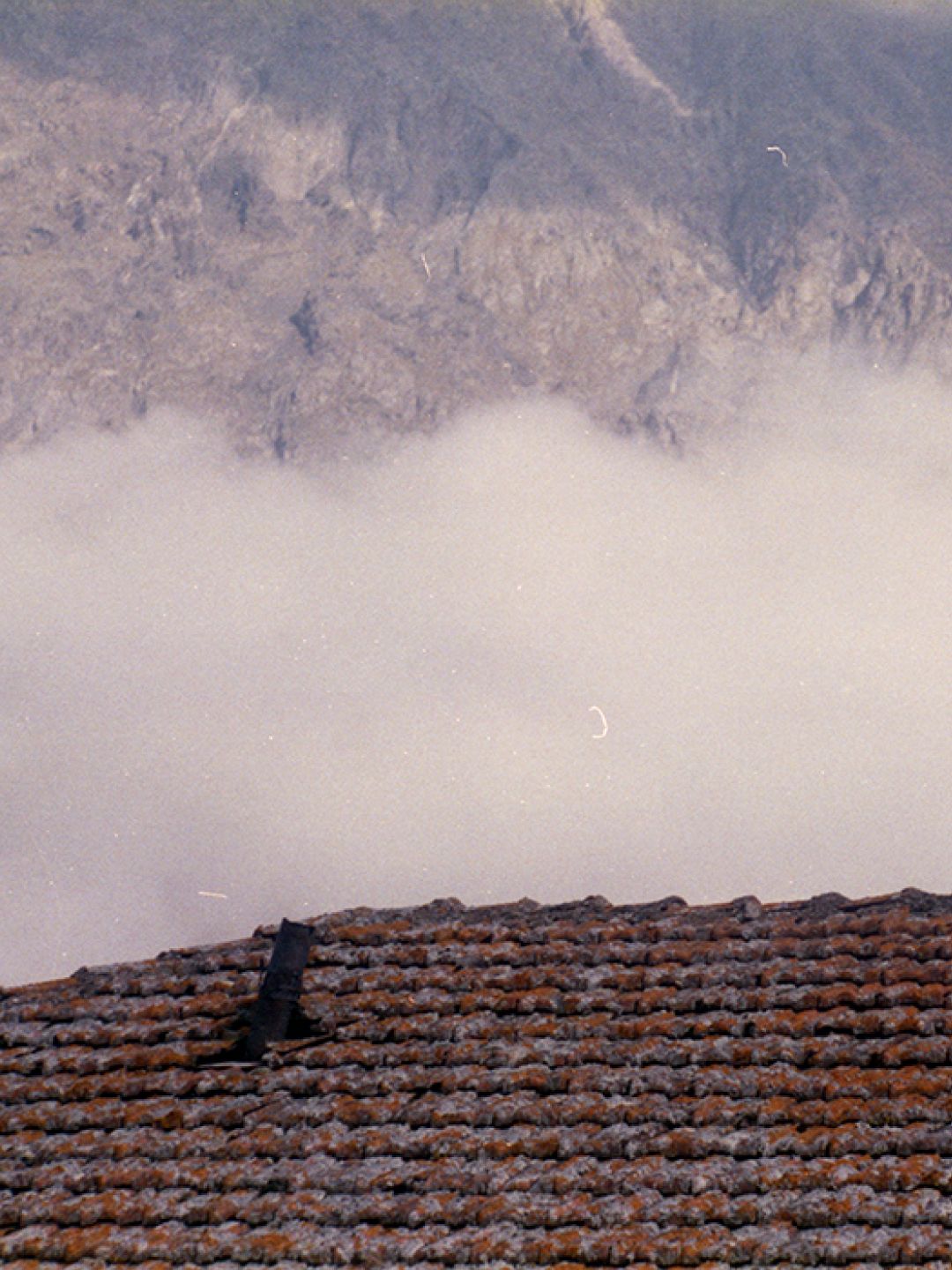
The Fog That Remembers

The Alchemy of the Sea Buckthorn

Fado of the Dying Sun
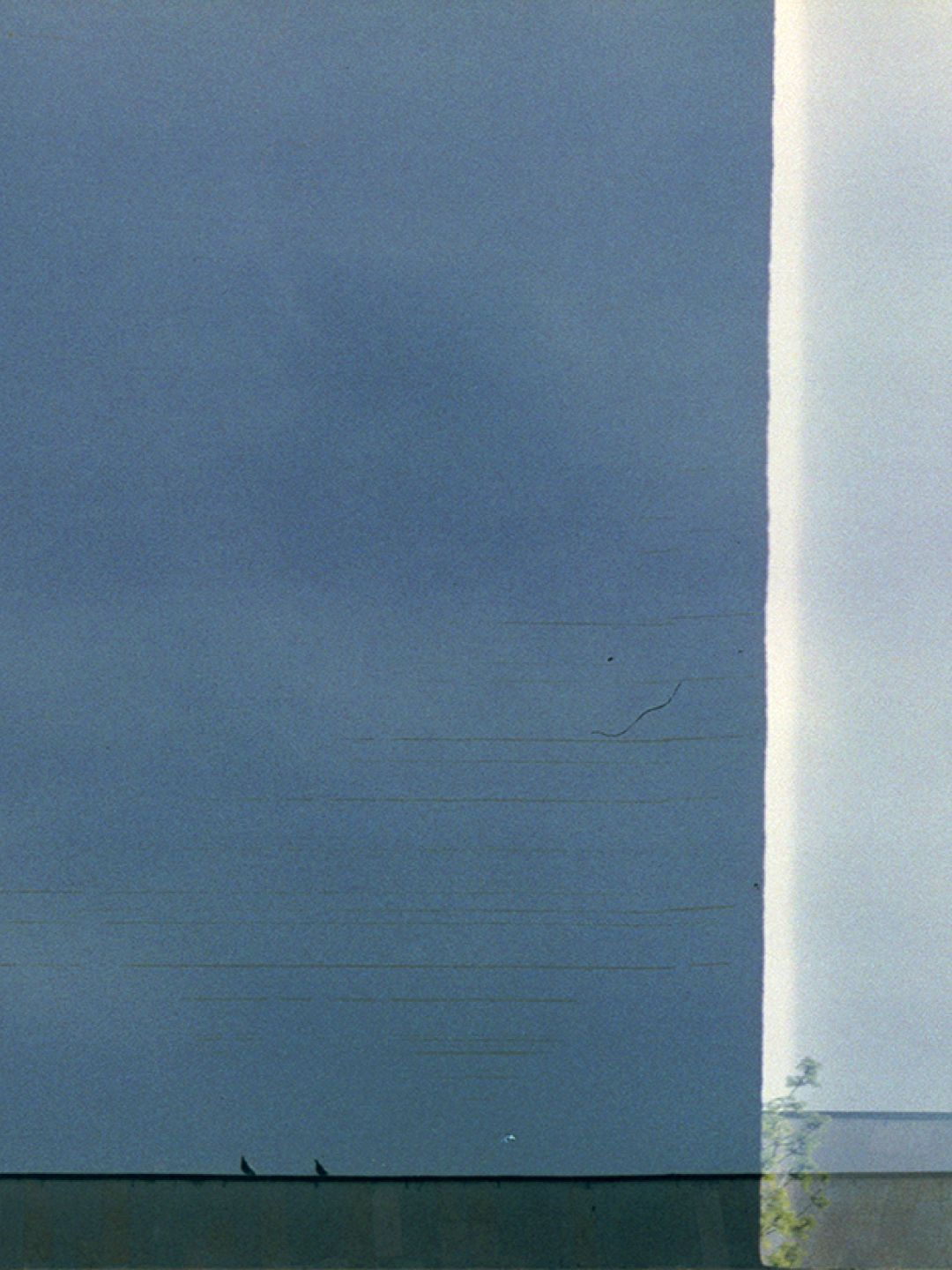
Peter’s Pigeons

Whispers of the Acacia
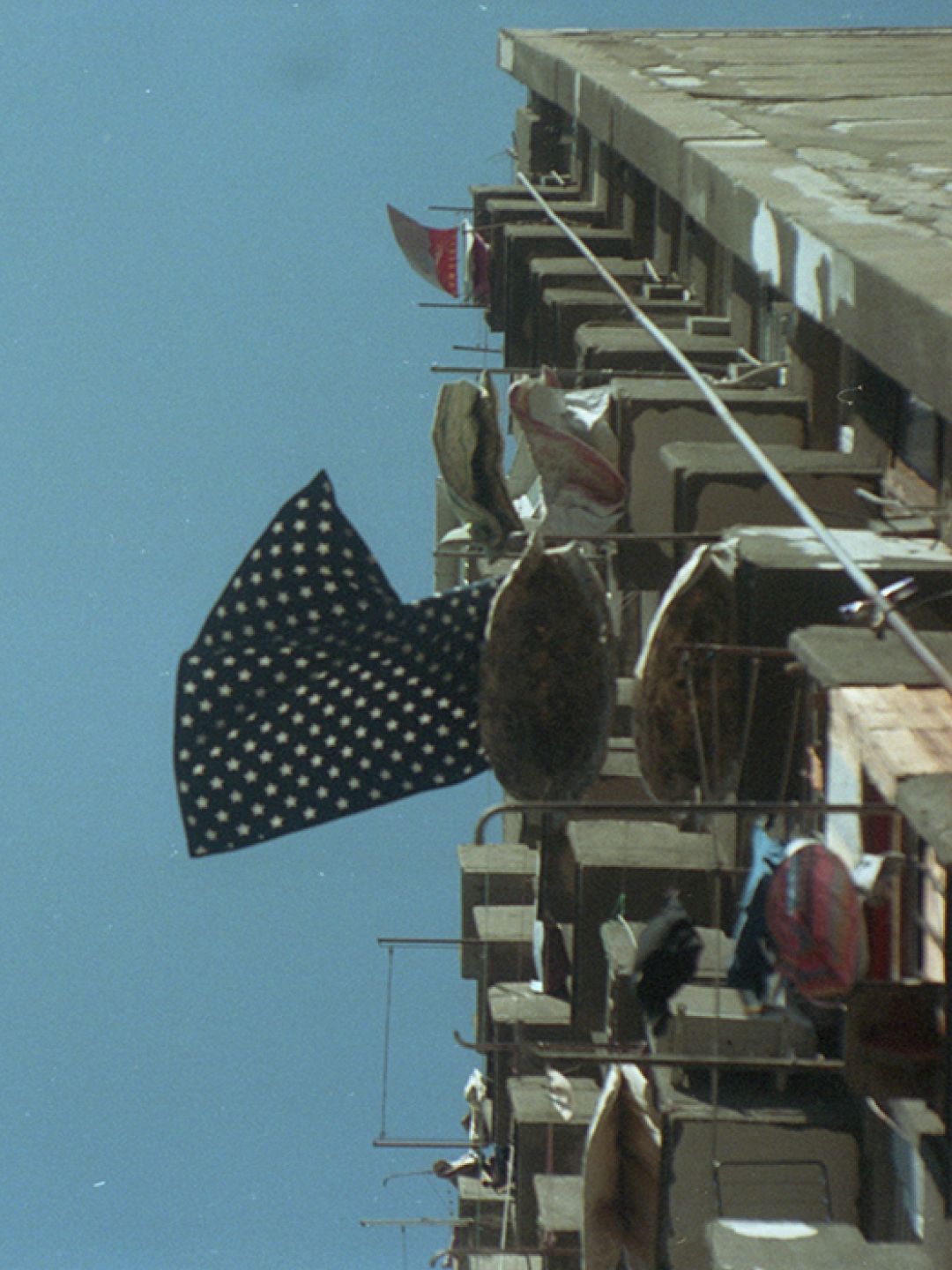
Miro and the Three Days

Lift your gaze

Igo and the Silence He Heard
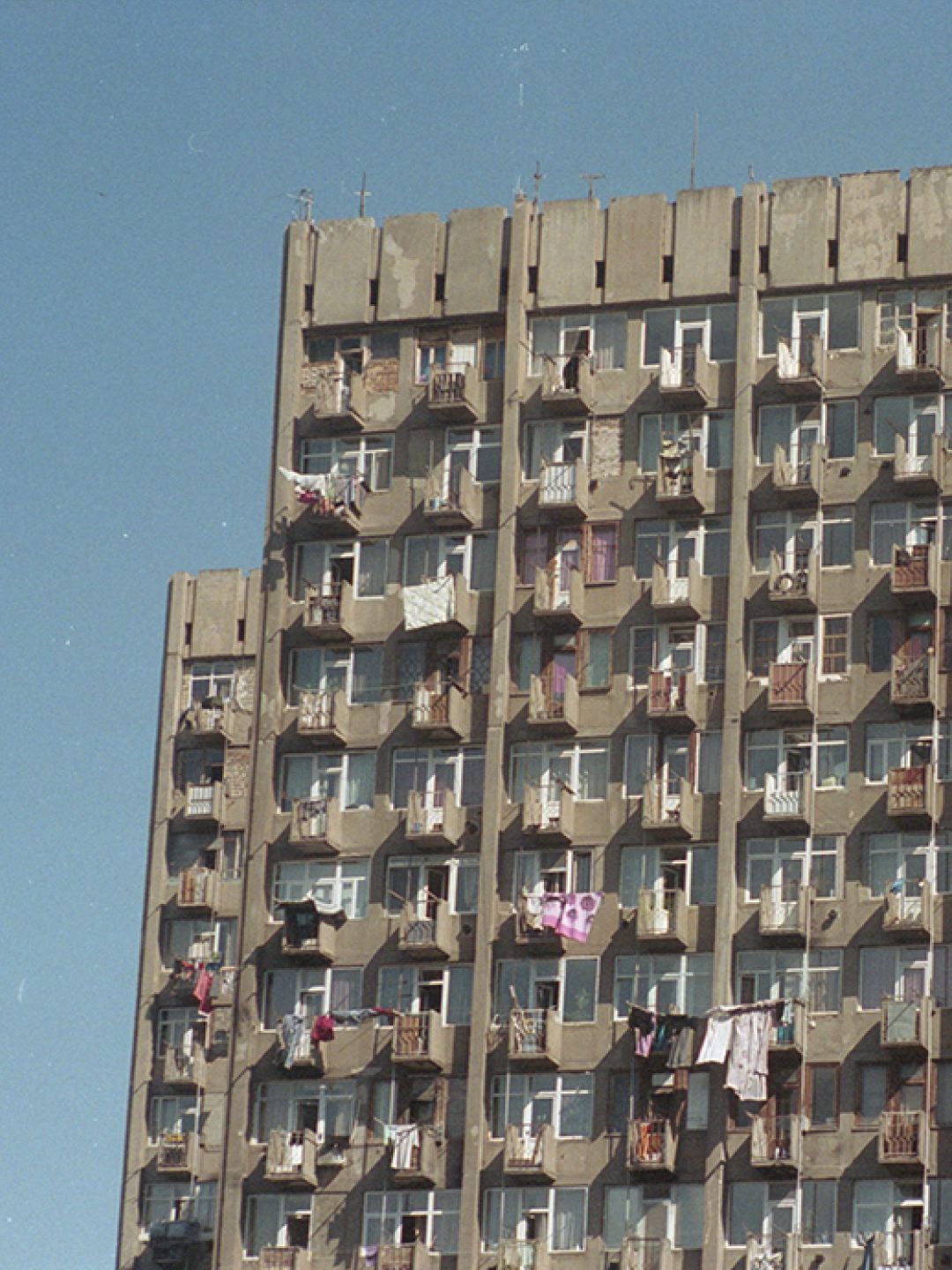
Lucia and the Voice That Woke Up Late

The Kitchen Where the World Comes Alive
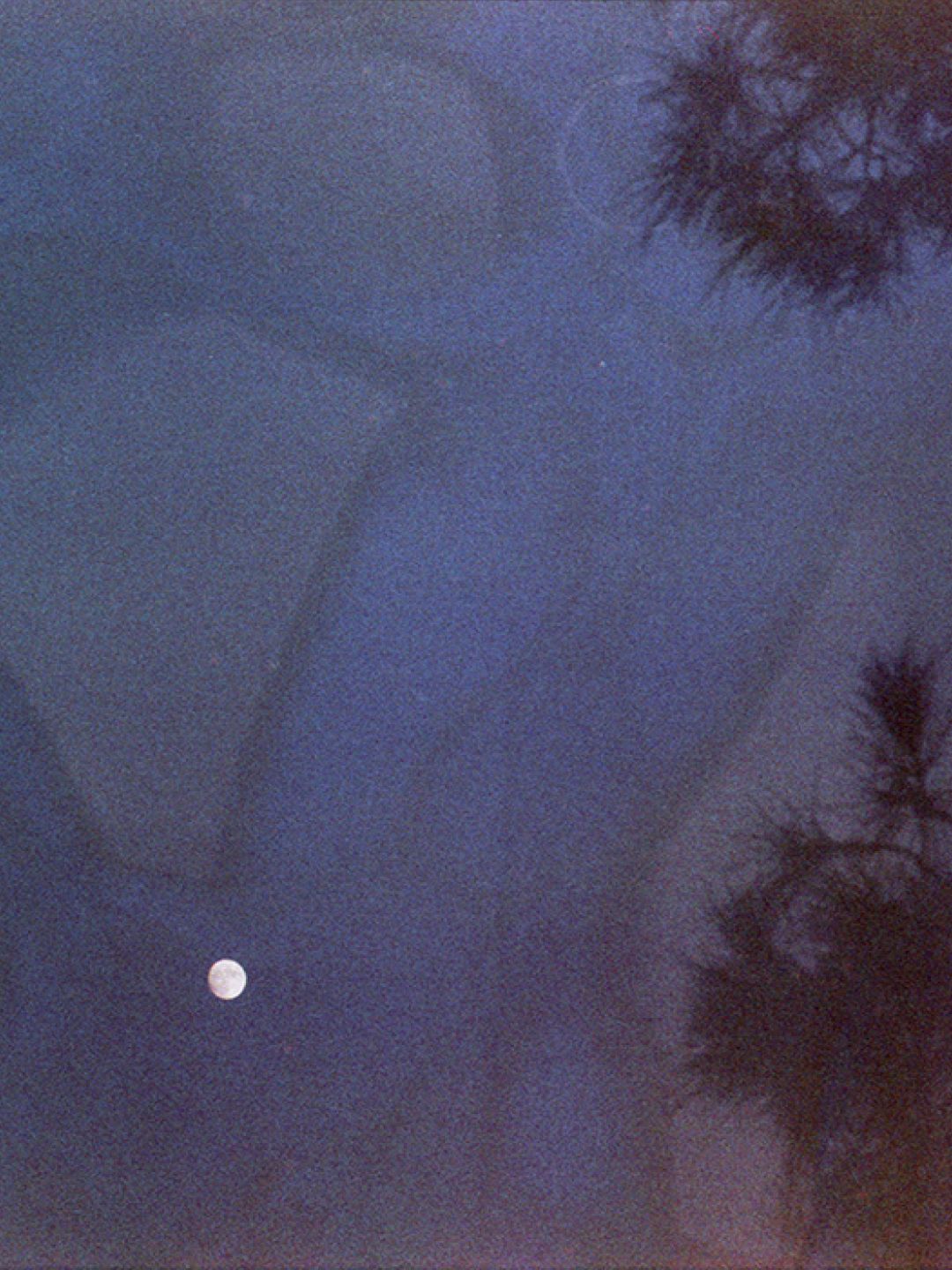
I, Tejo, Architect of Unspoken Worlds
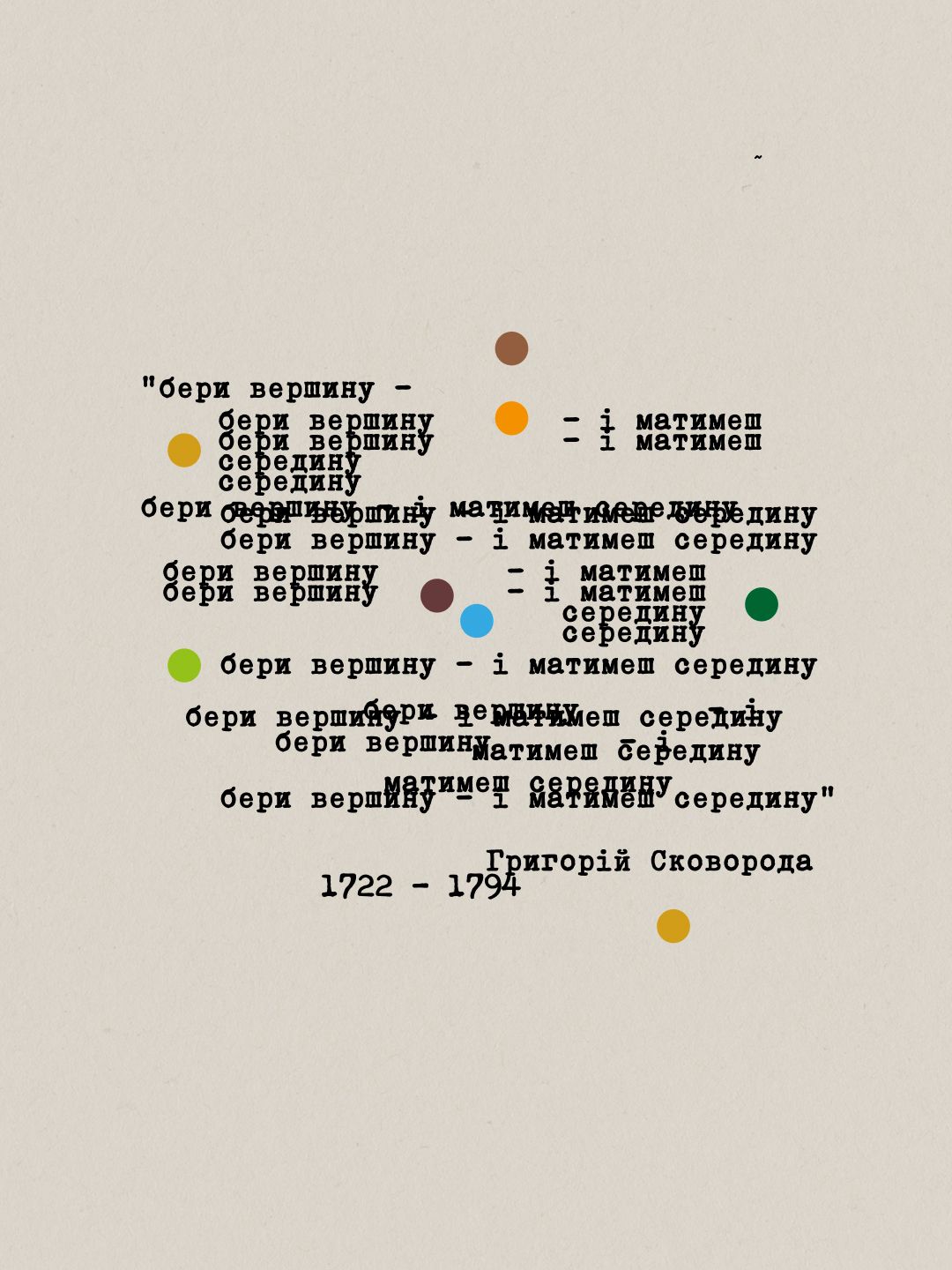
The Summit That Breathes Light

To my grandmother Annushka

Odysseus

Victor’s plant

Lila’s Herbarium
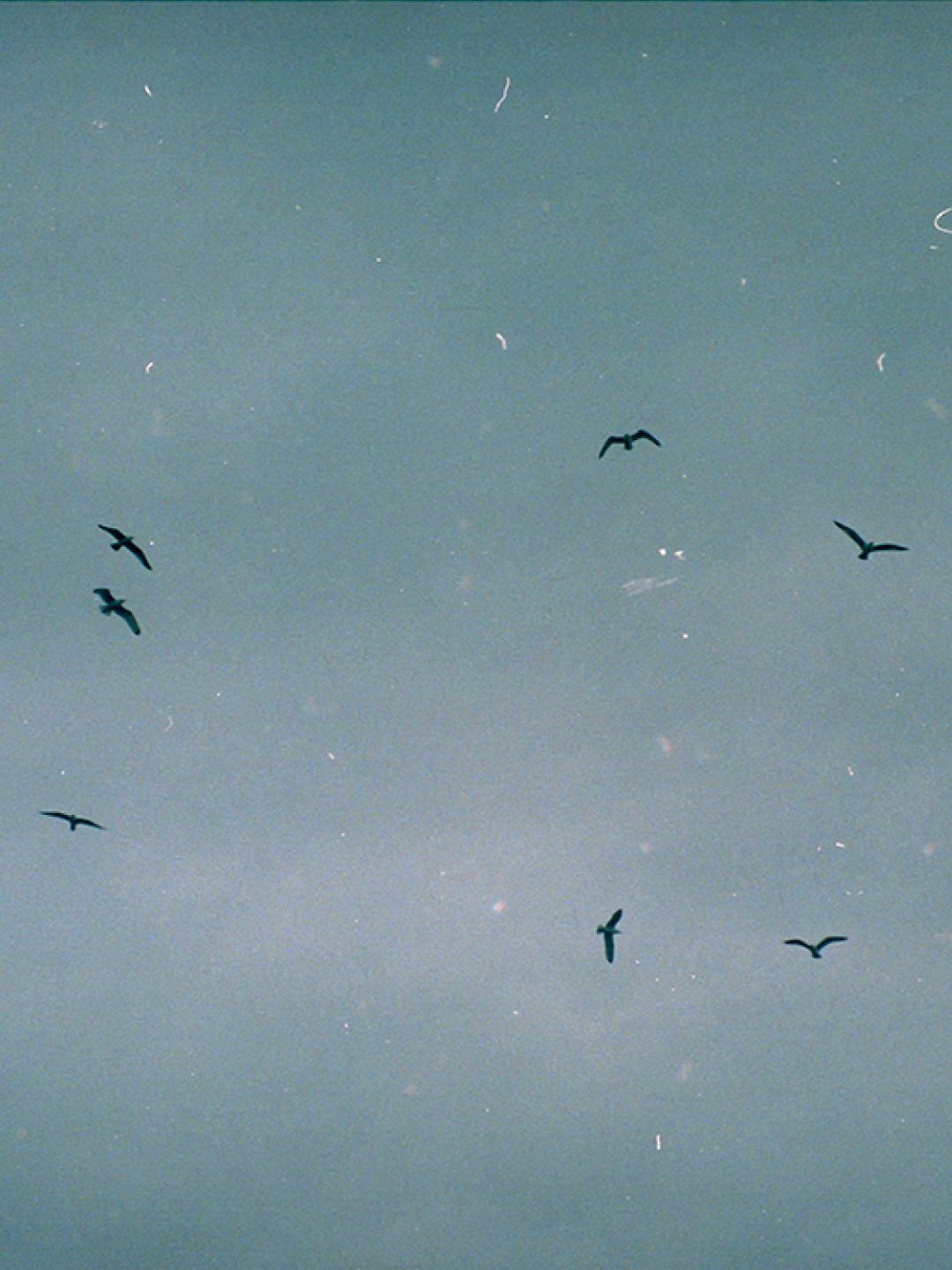
When the Birds Return
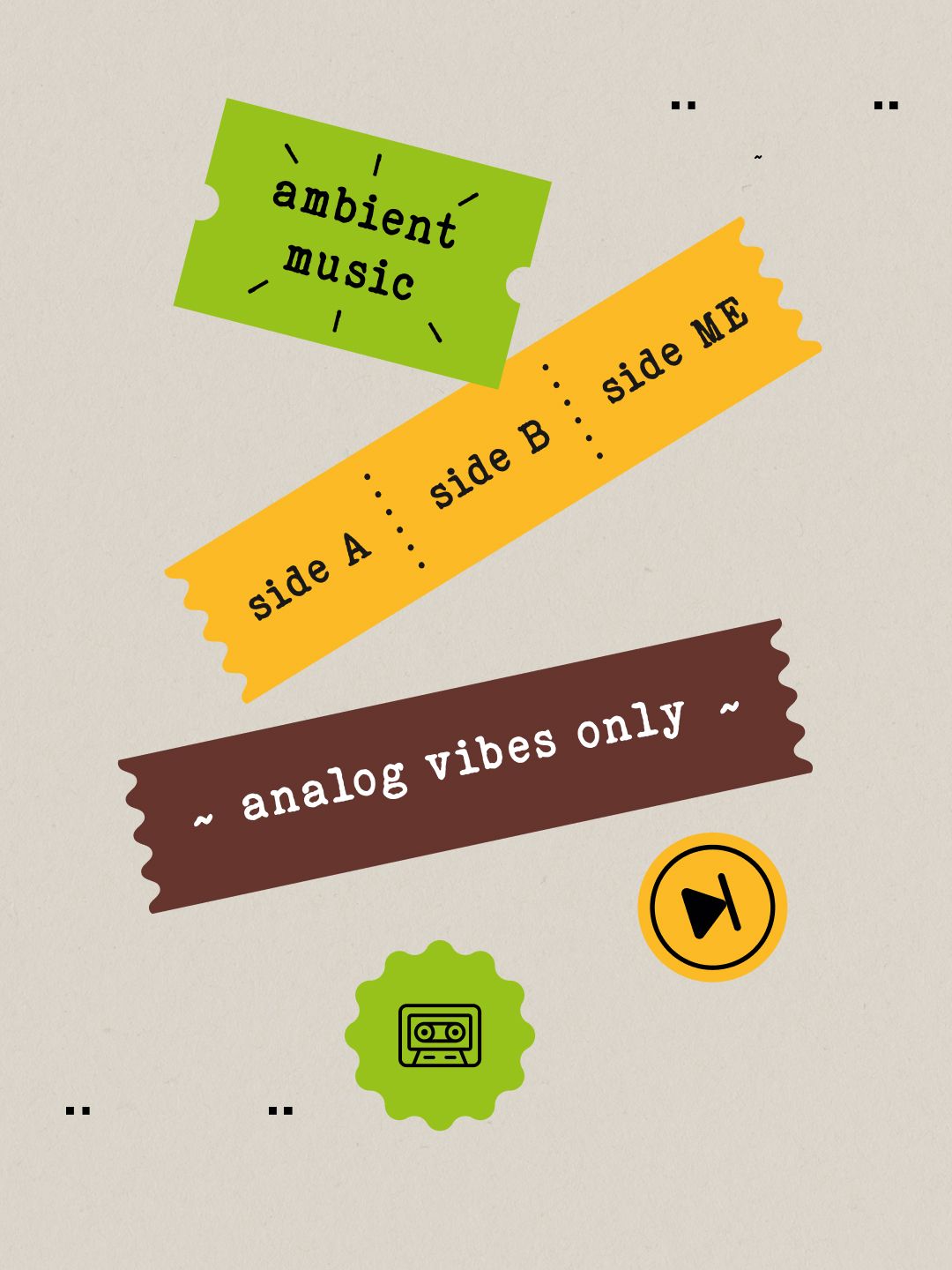
Where Sound Ends: Ambient as a Way of Being
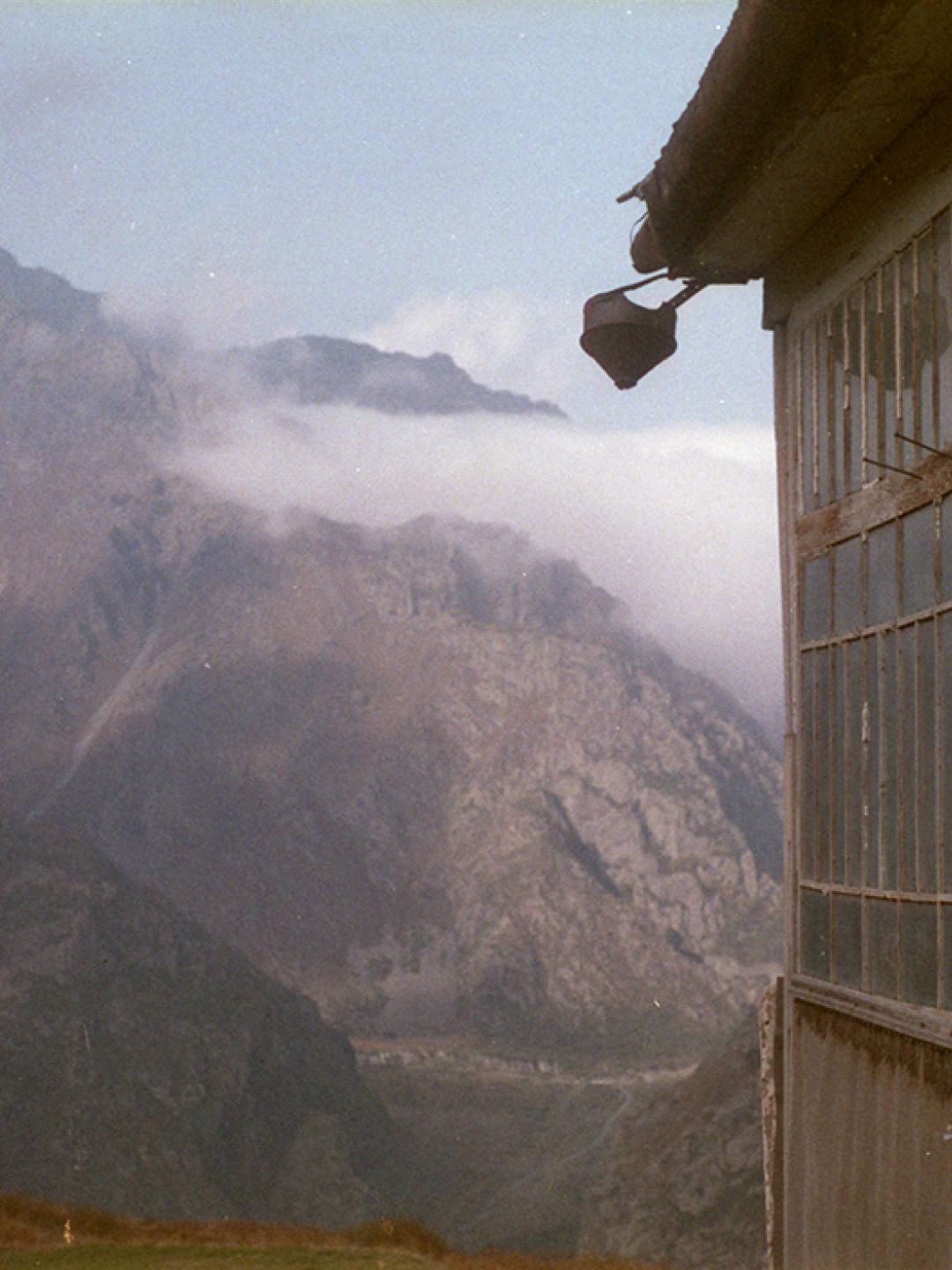
Not by path, but by memory
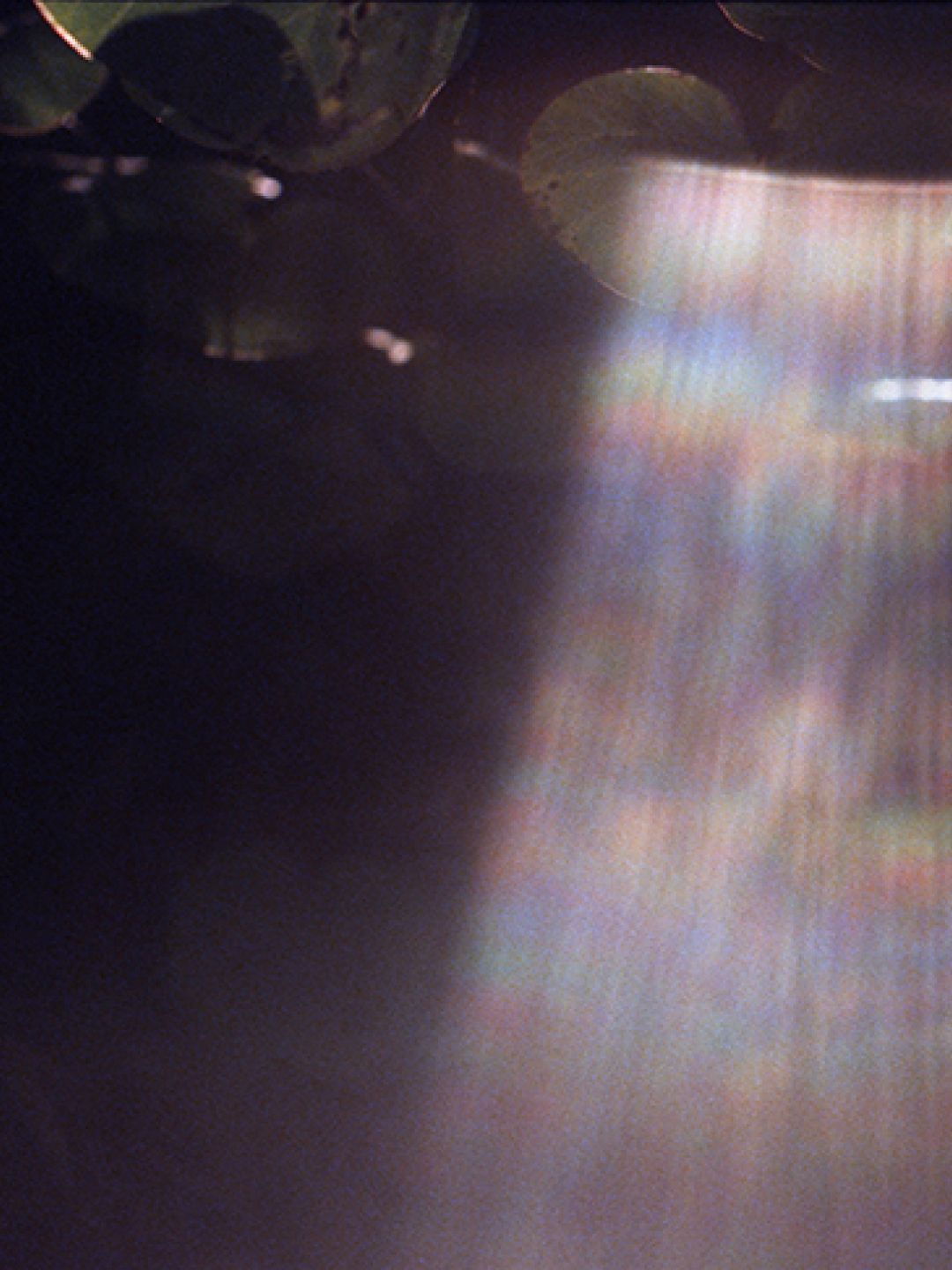
The bread rose in the oven
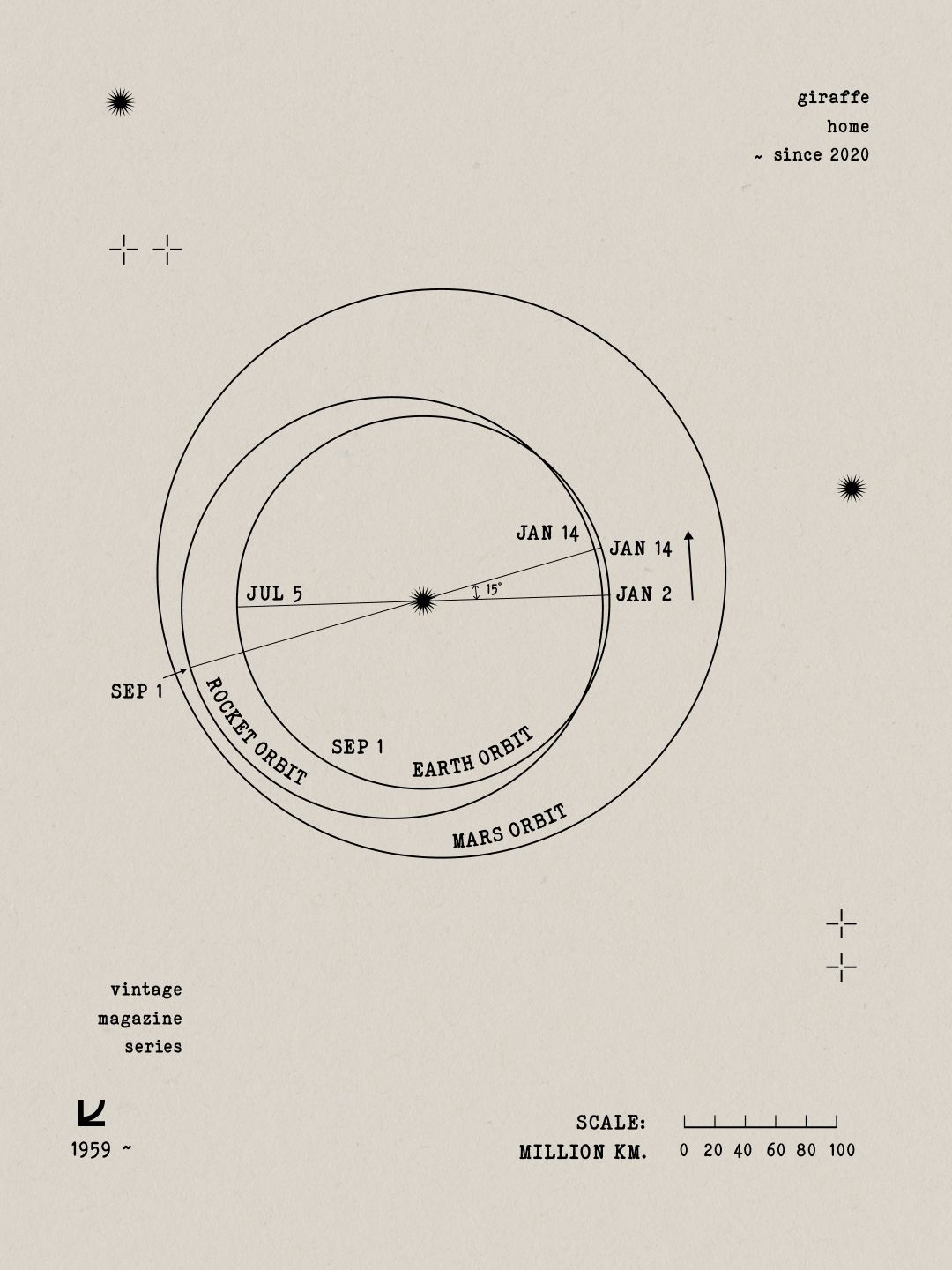
New Merch from giraffehome — Artifacts of Time on T-Shirts. Coming Soon
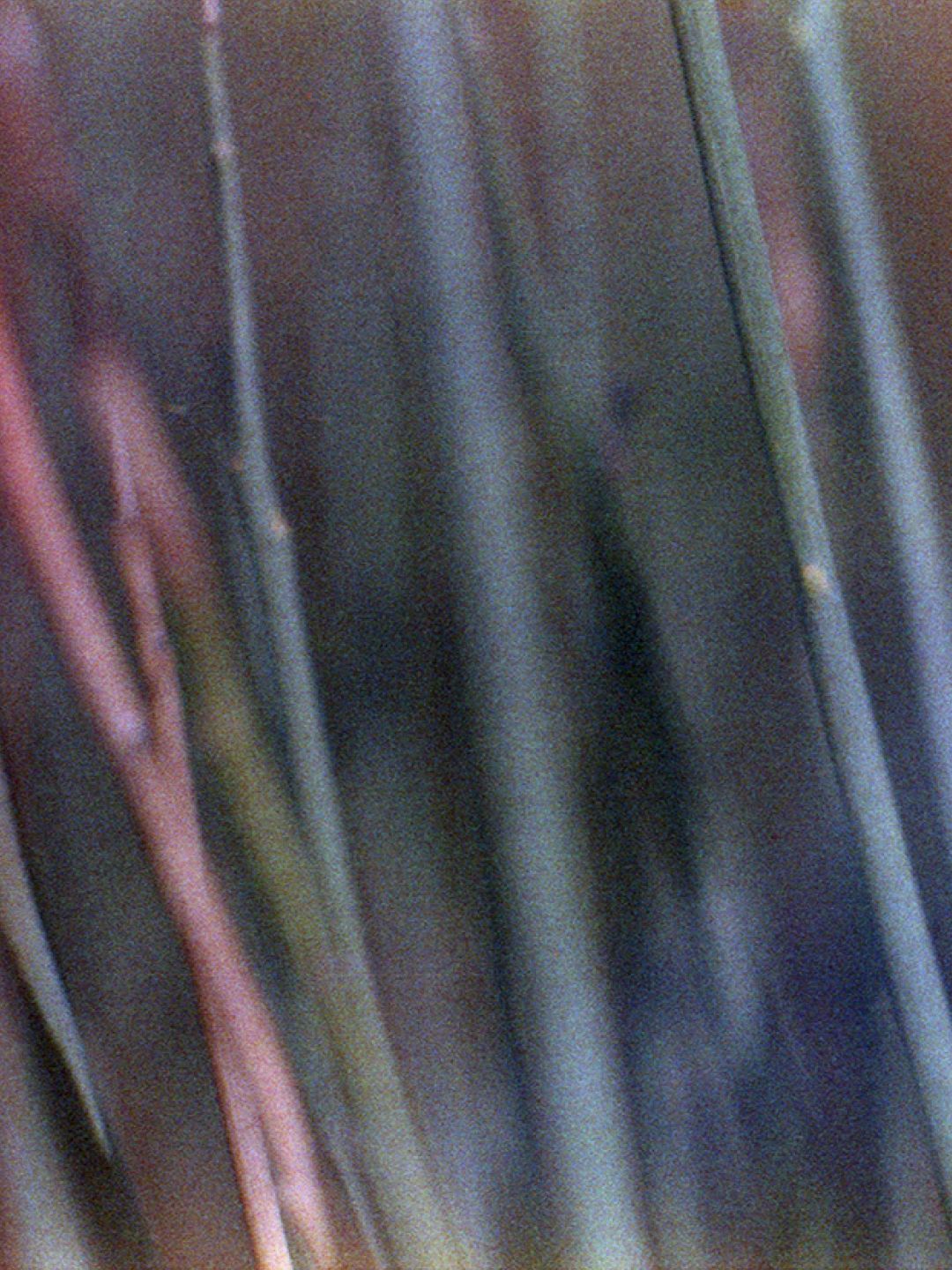
The Light Within

When the trees were small
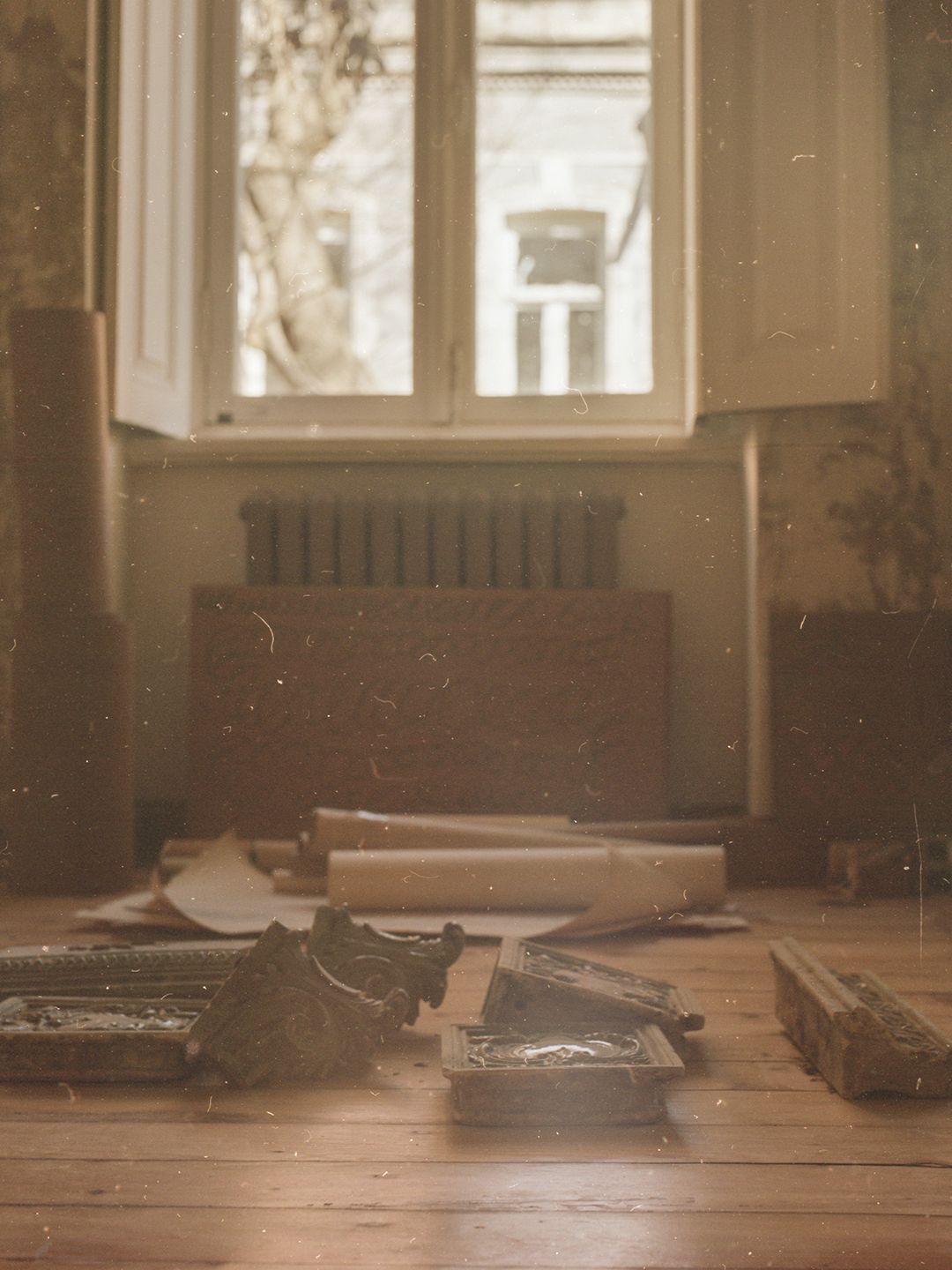
Light through the window
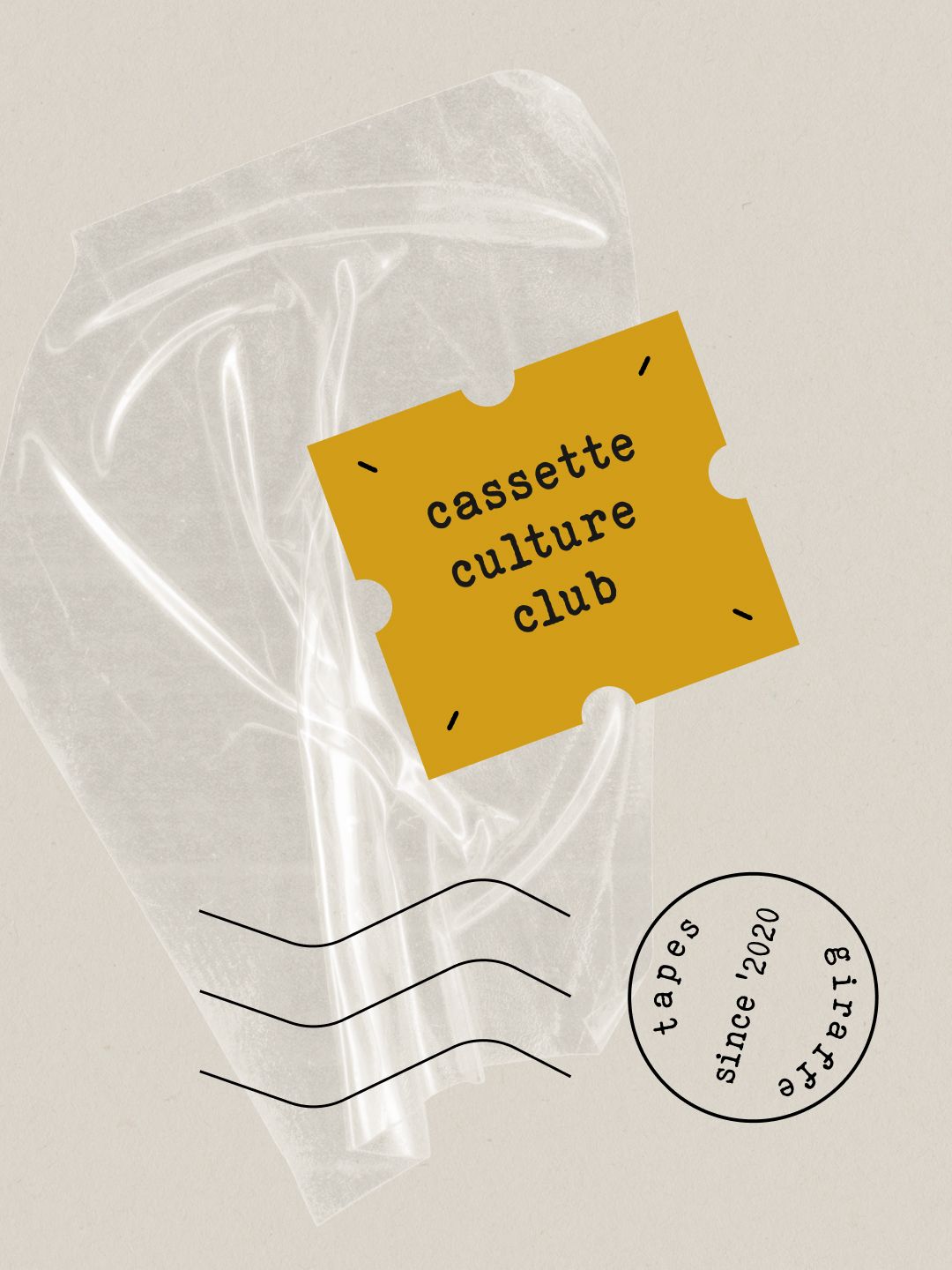
I am giraffe tapes

The ocean

Analog vibes only
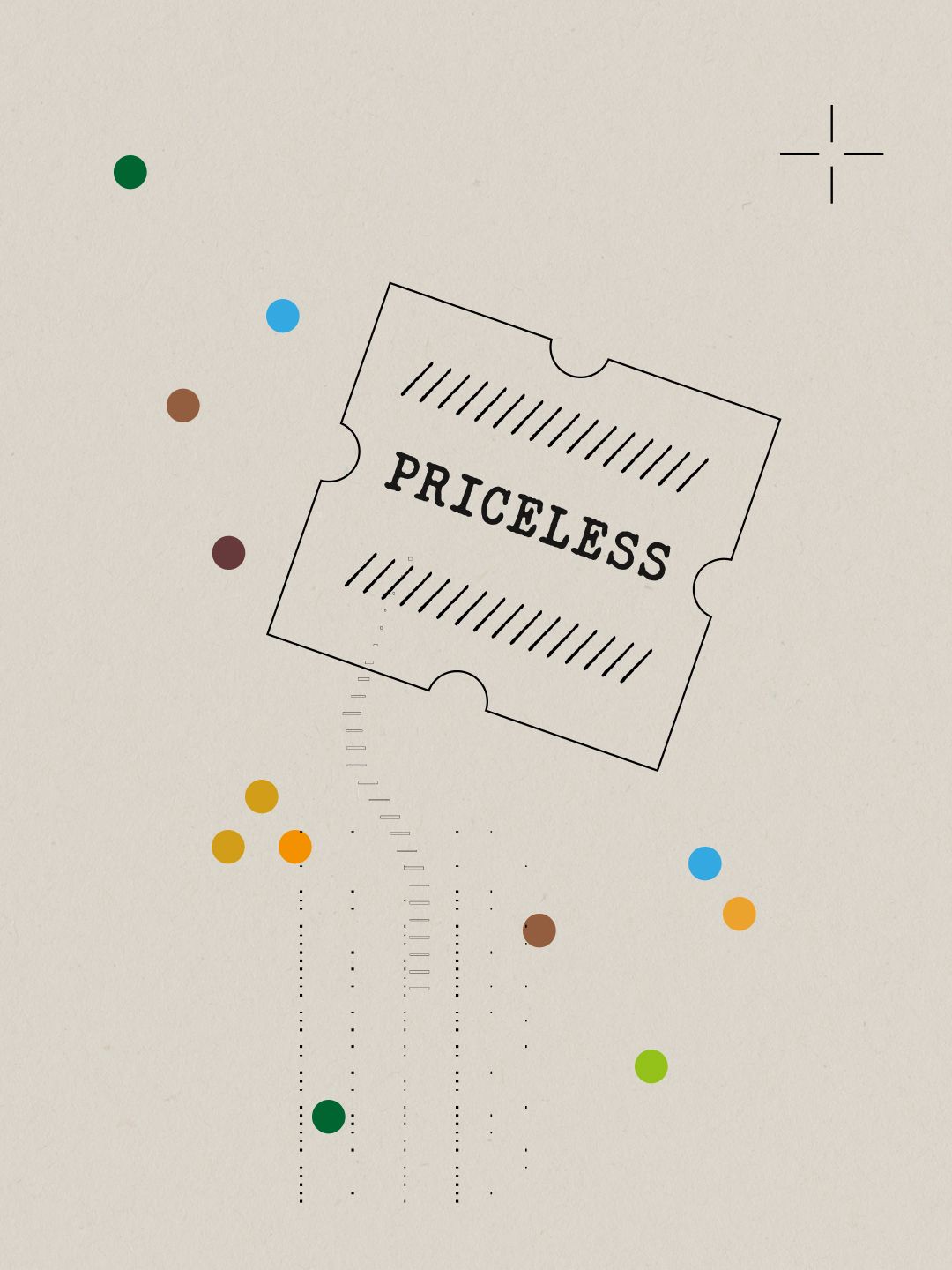
Priceless
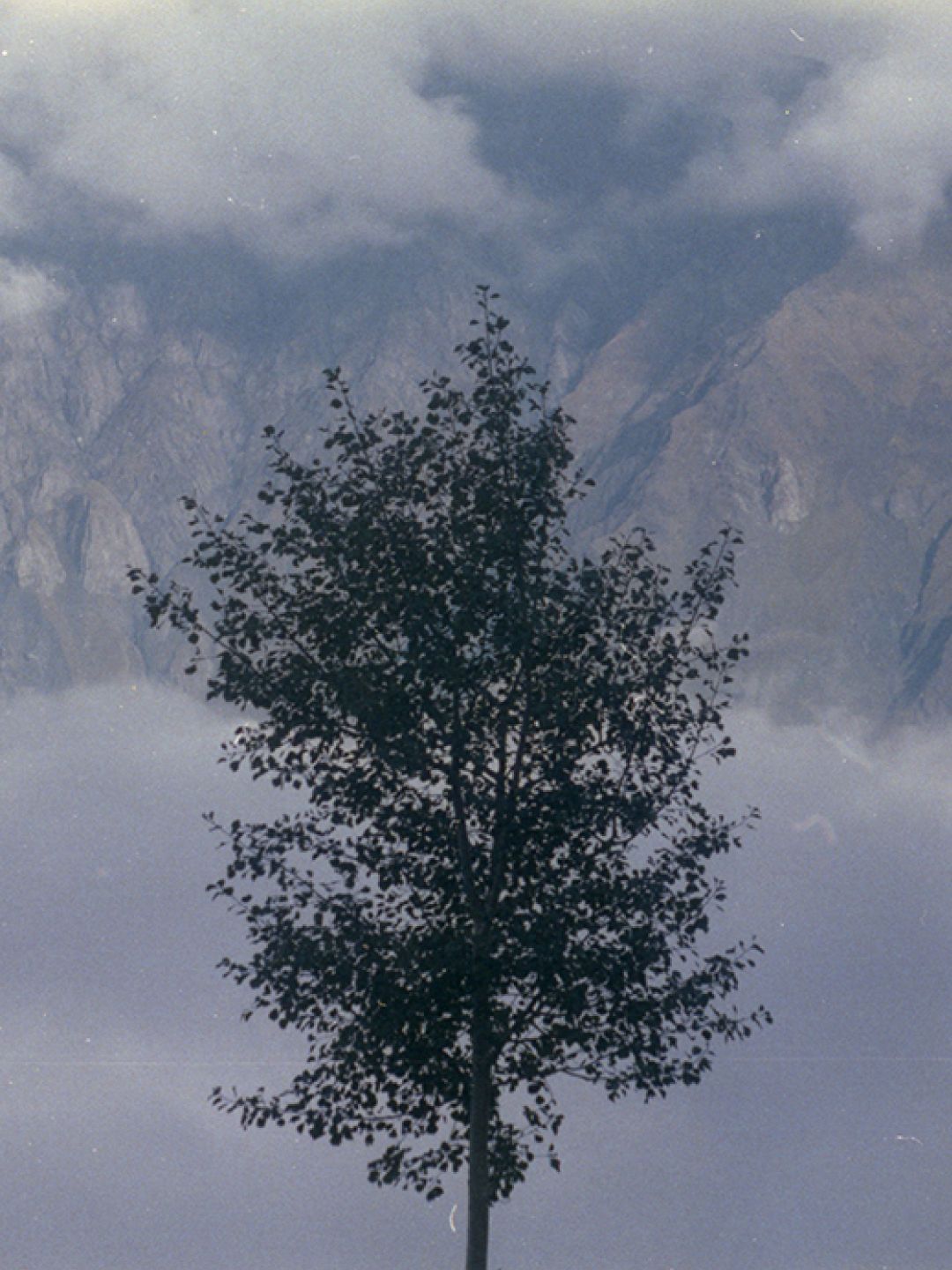
A Lonely Tree Between Worlds
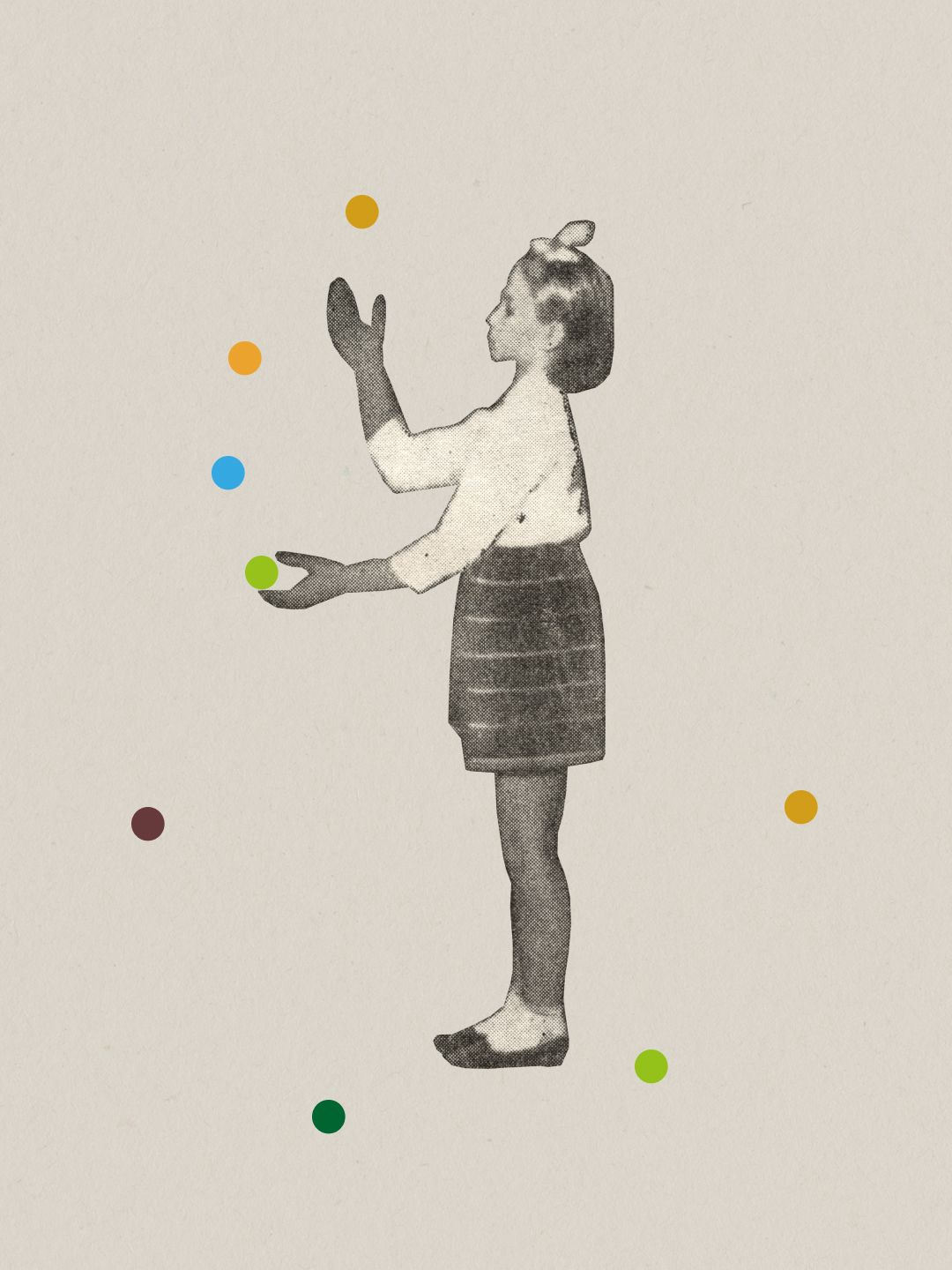
The Juggler from Childhood
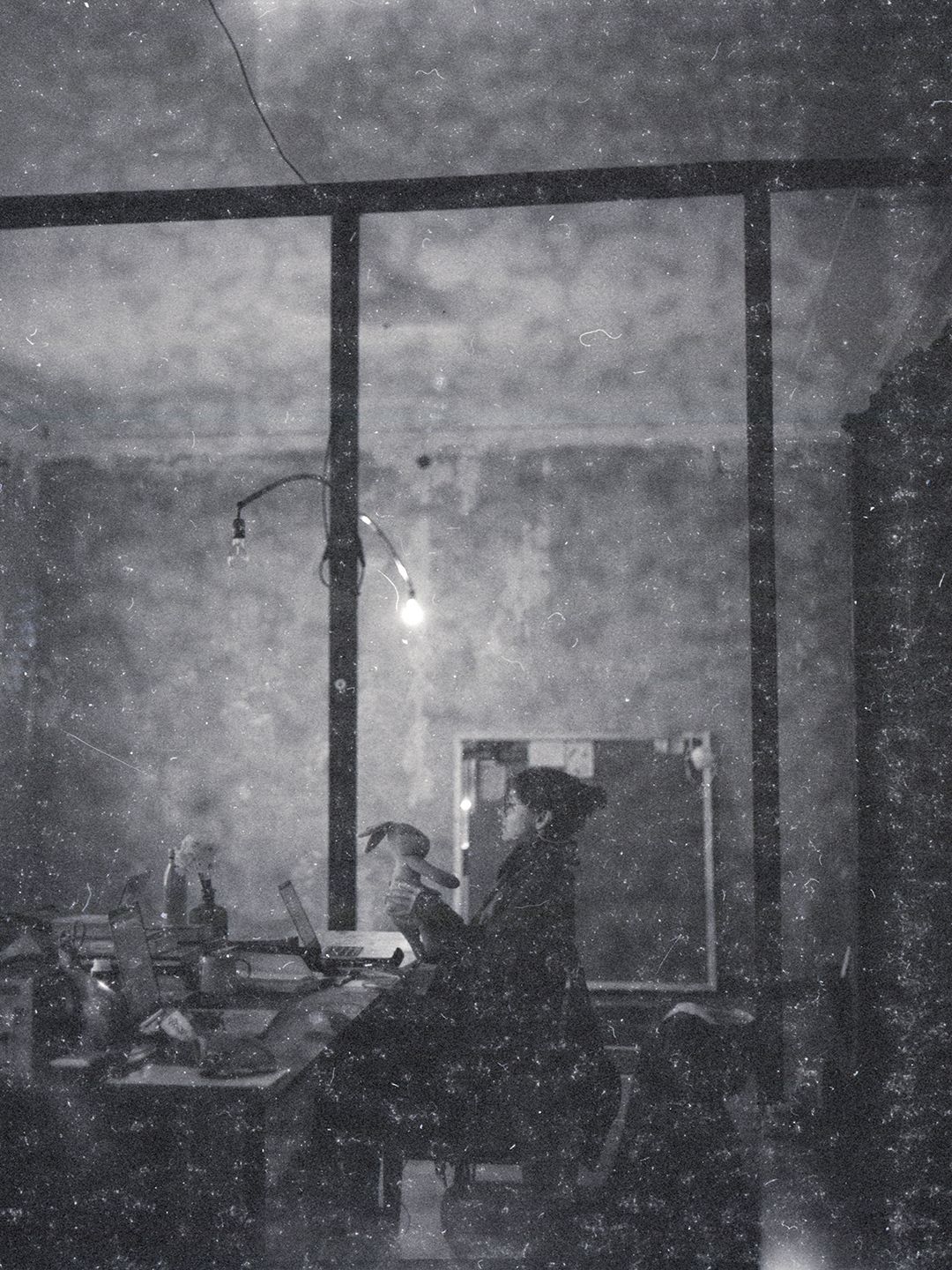
The story of a certain rabbit
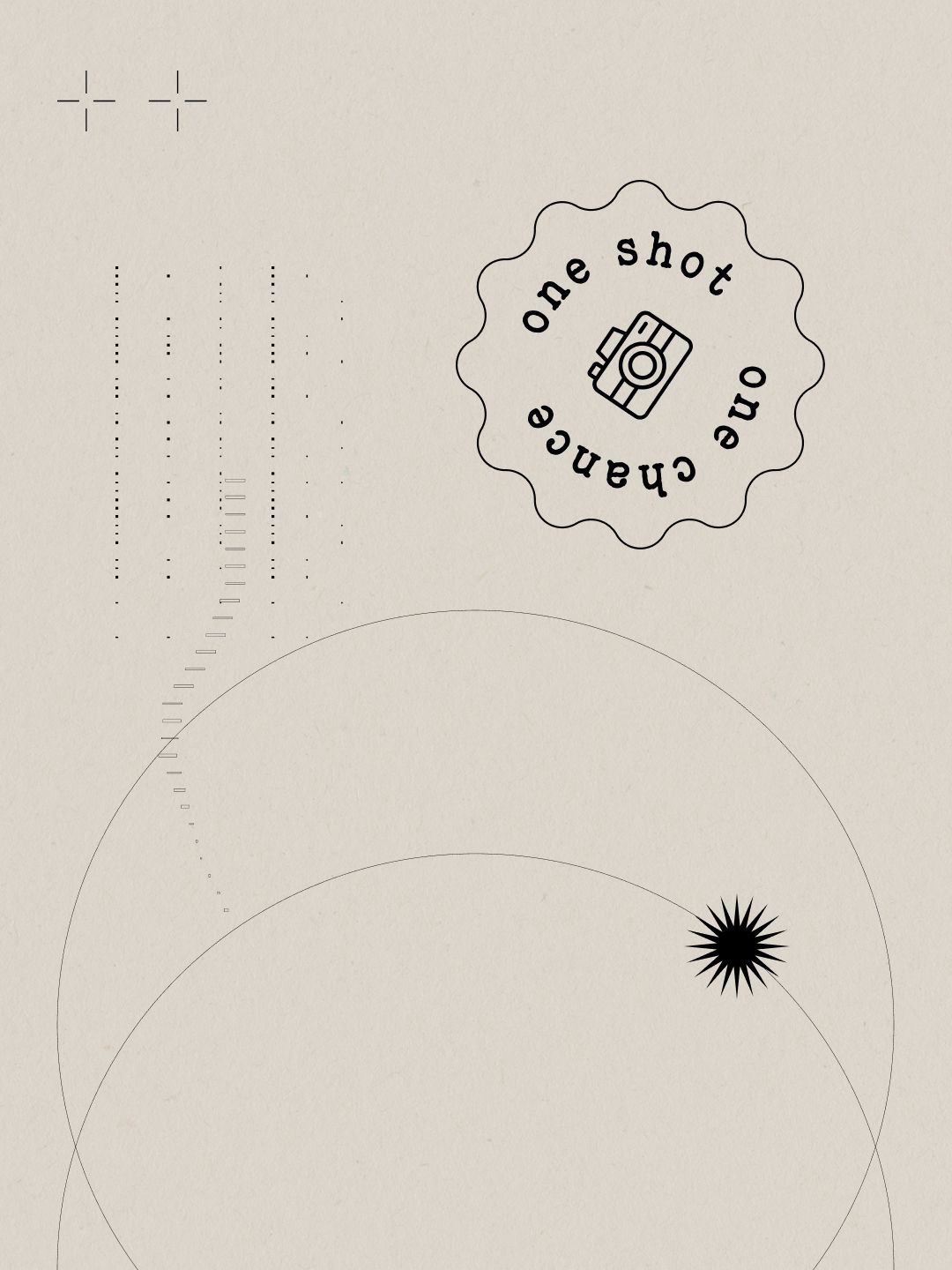
One Shot, One Chance
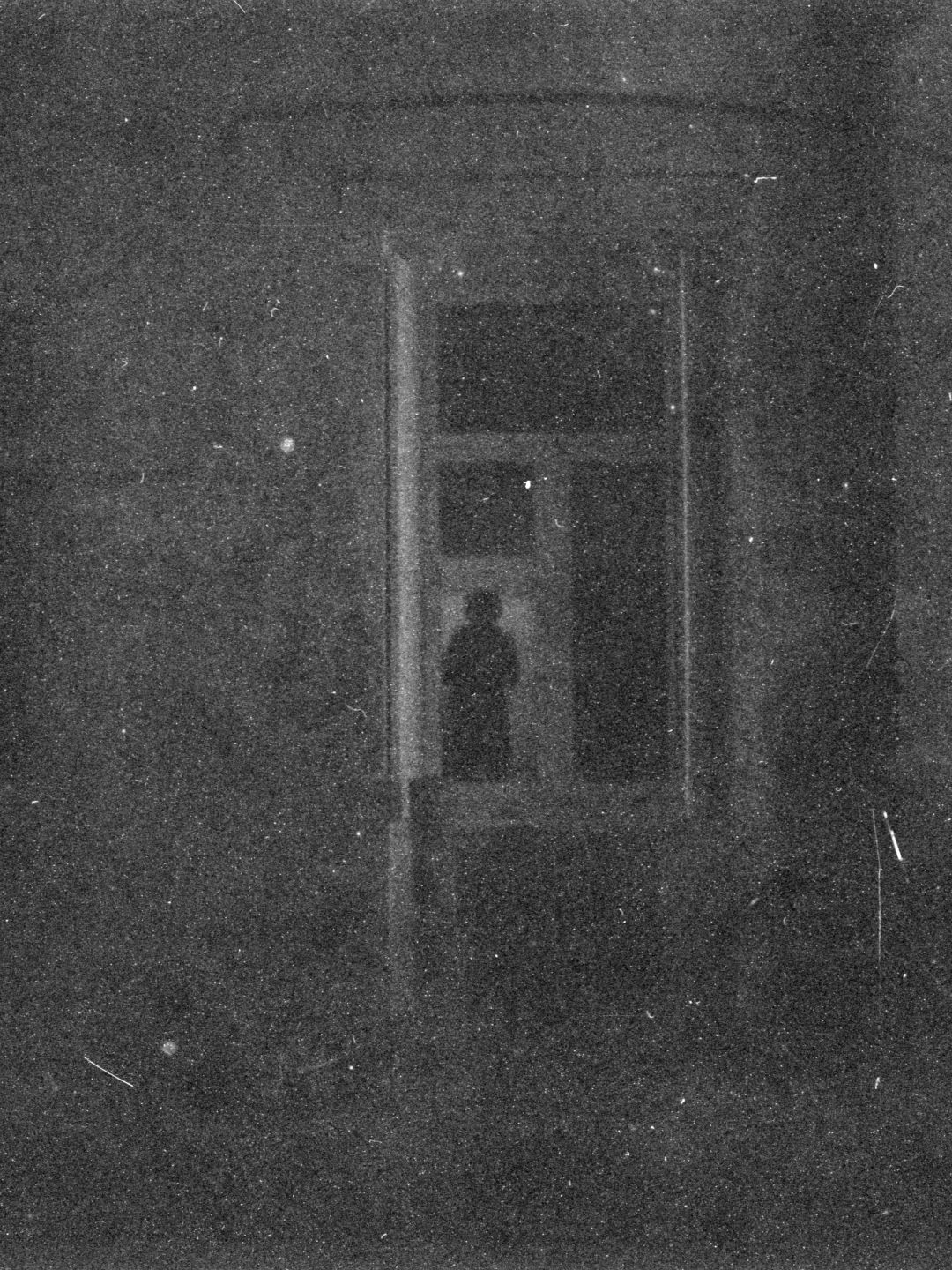
Reflection is looking at you
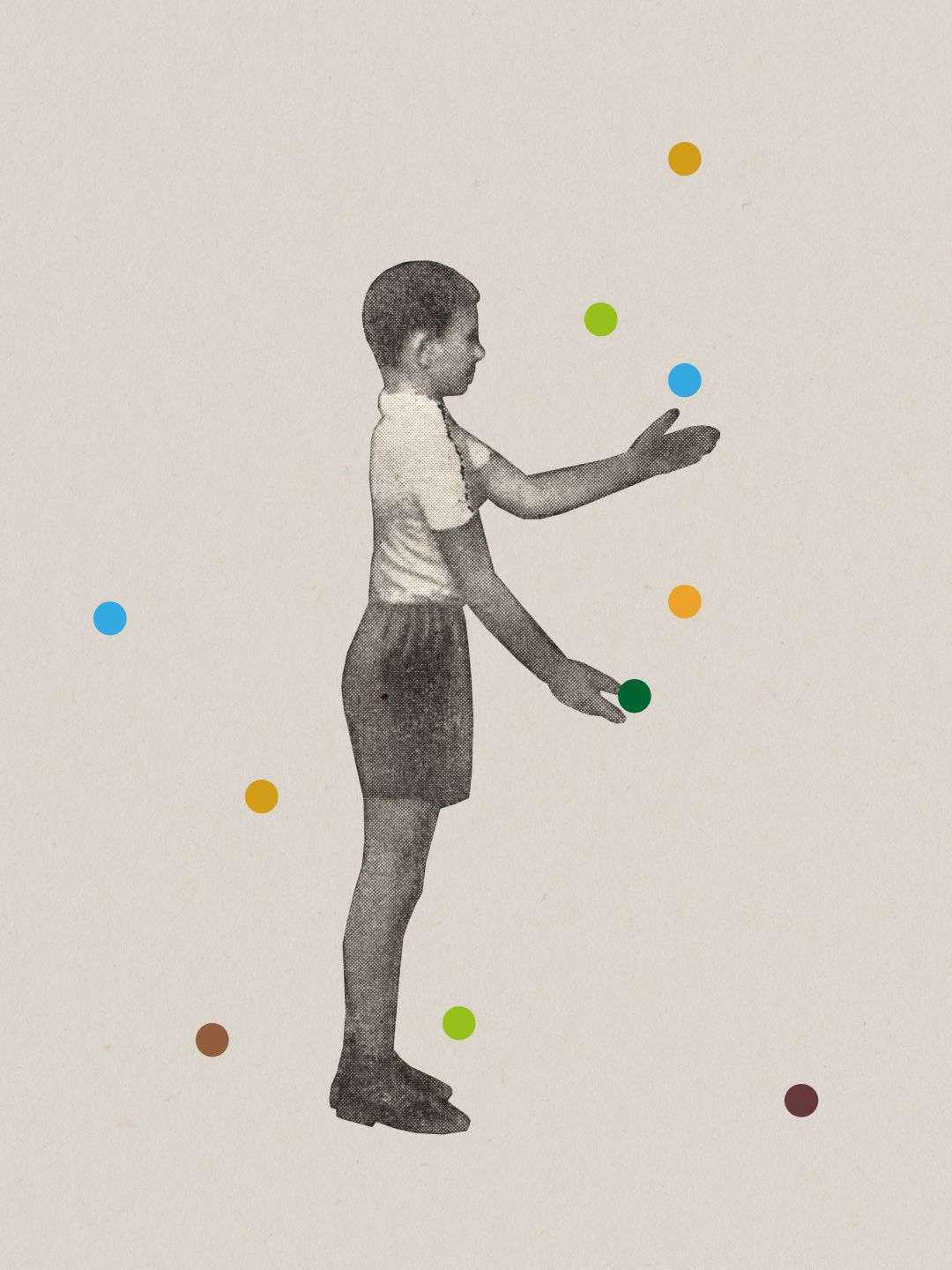
And we pretend to understand
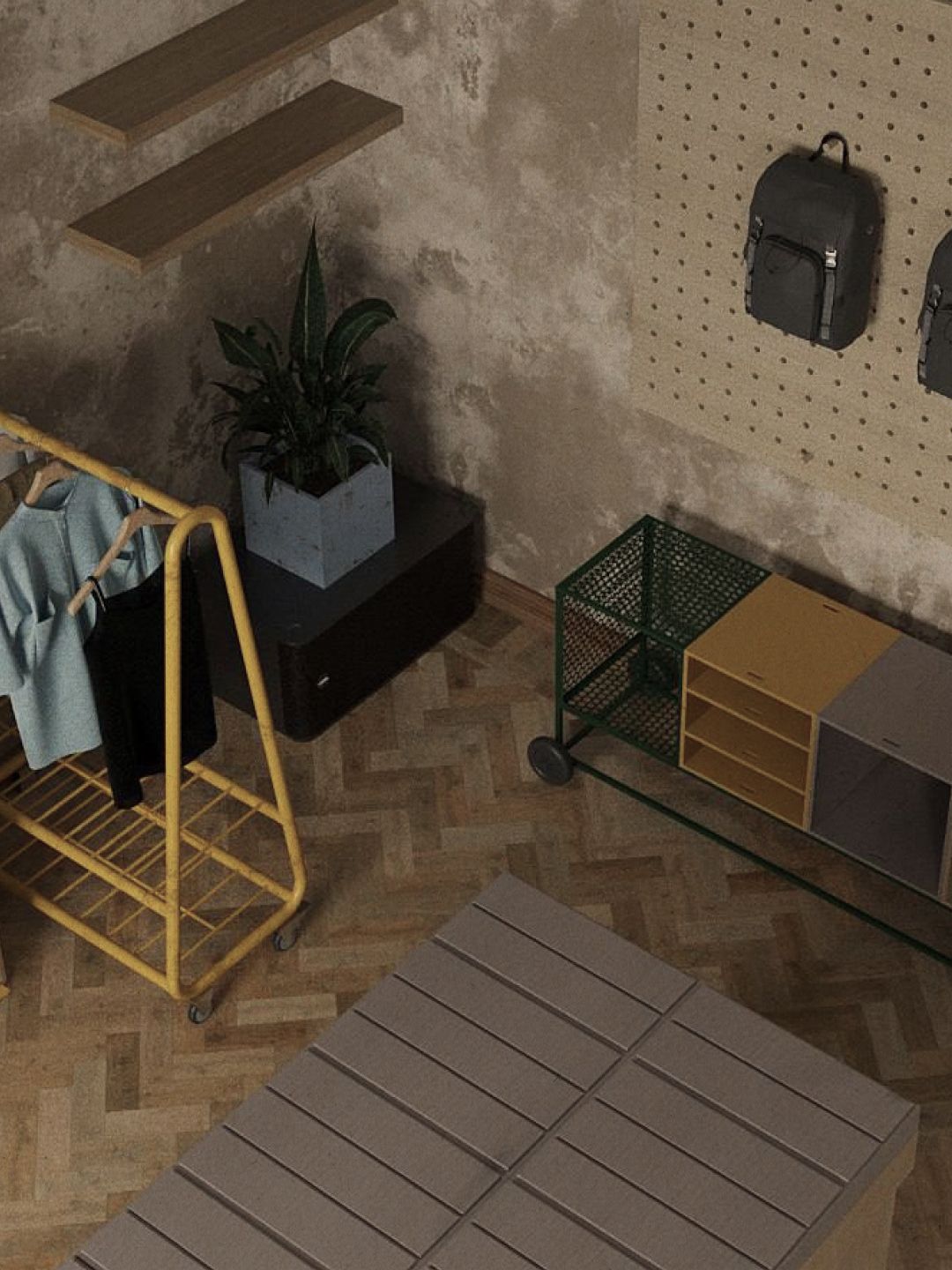
A space of inspiration
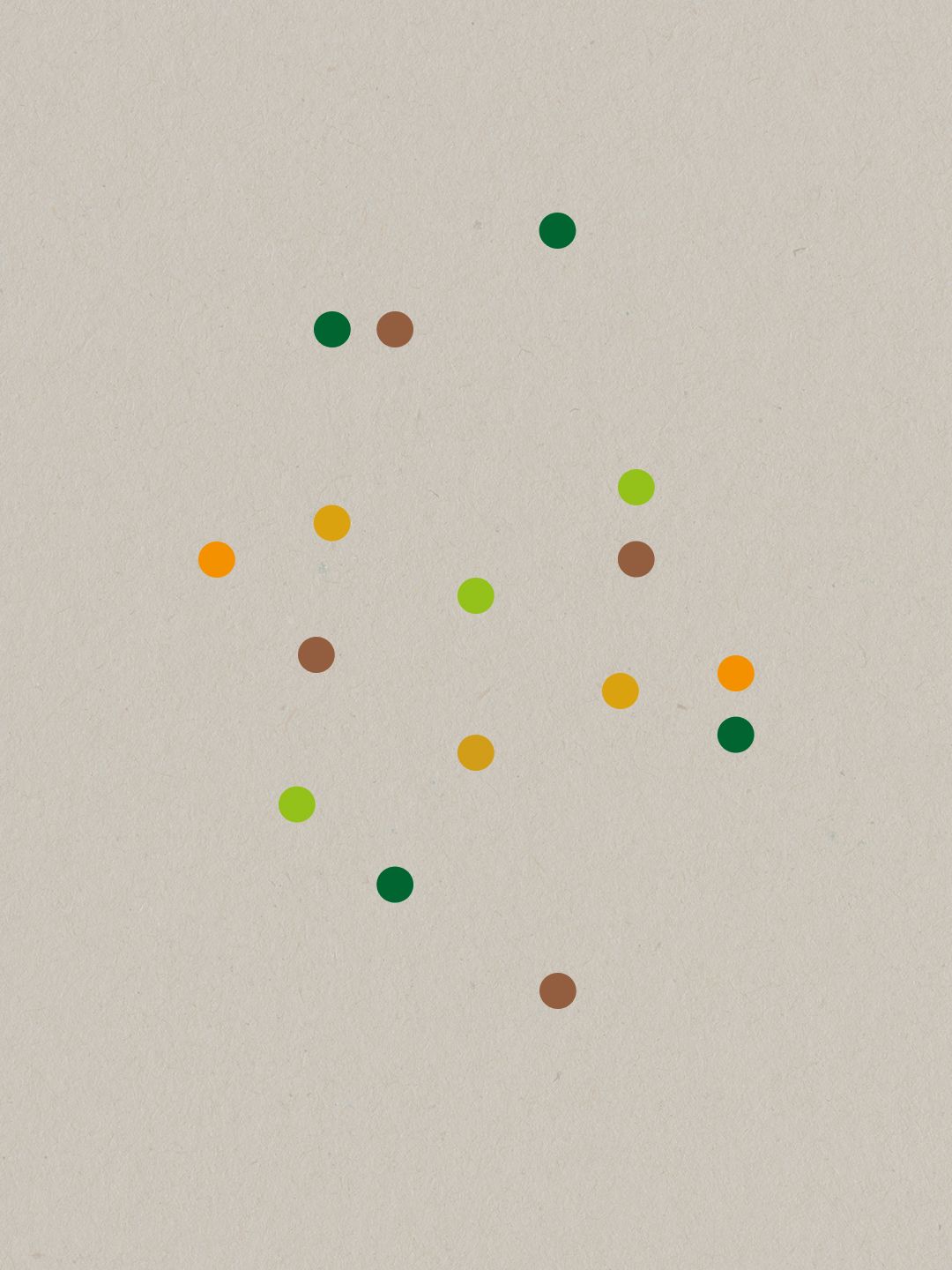
Love people not labels
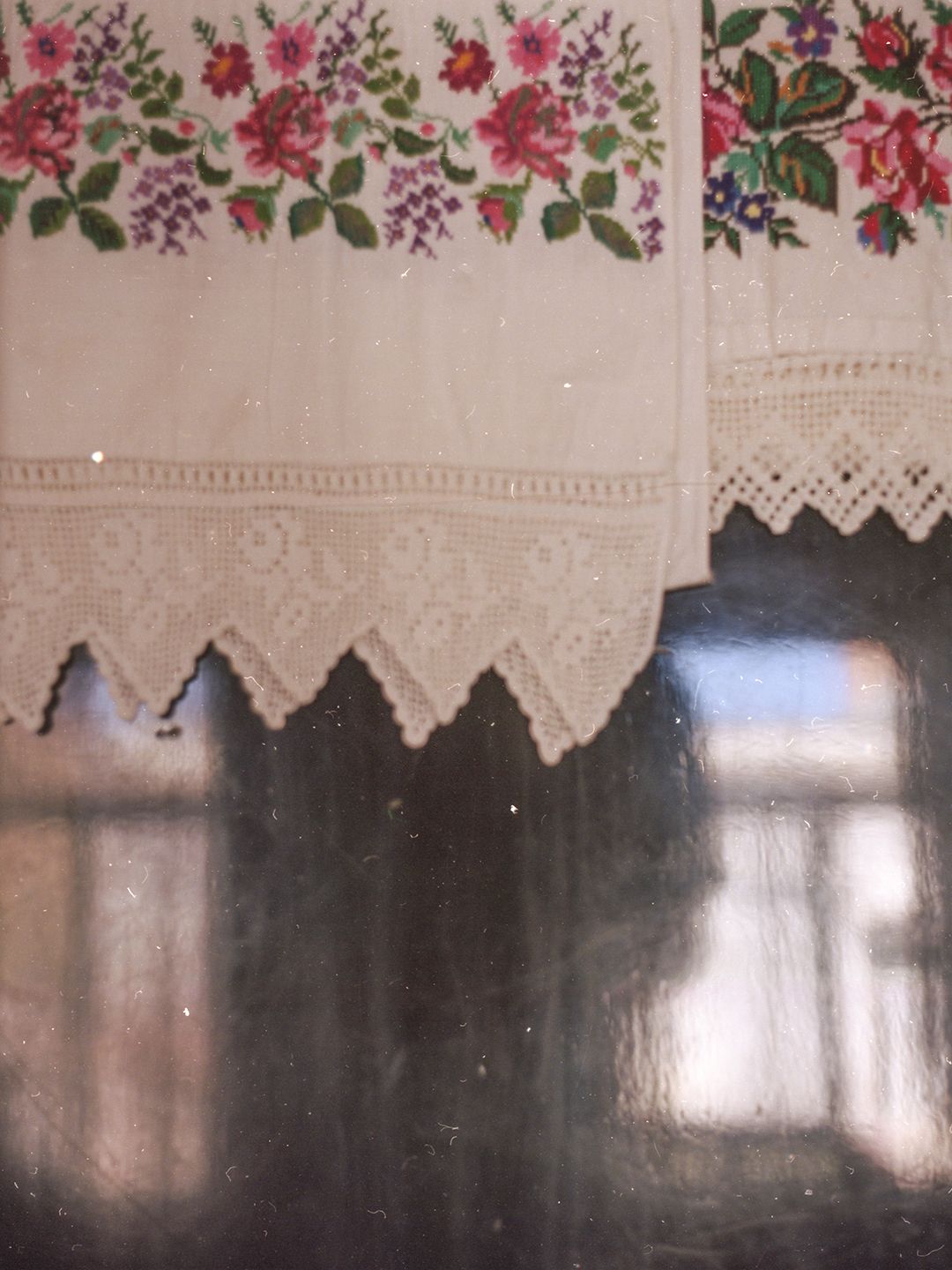
Grandmother’s Rushnyks
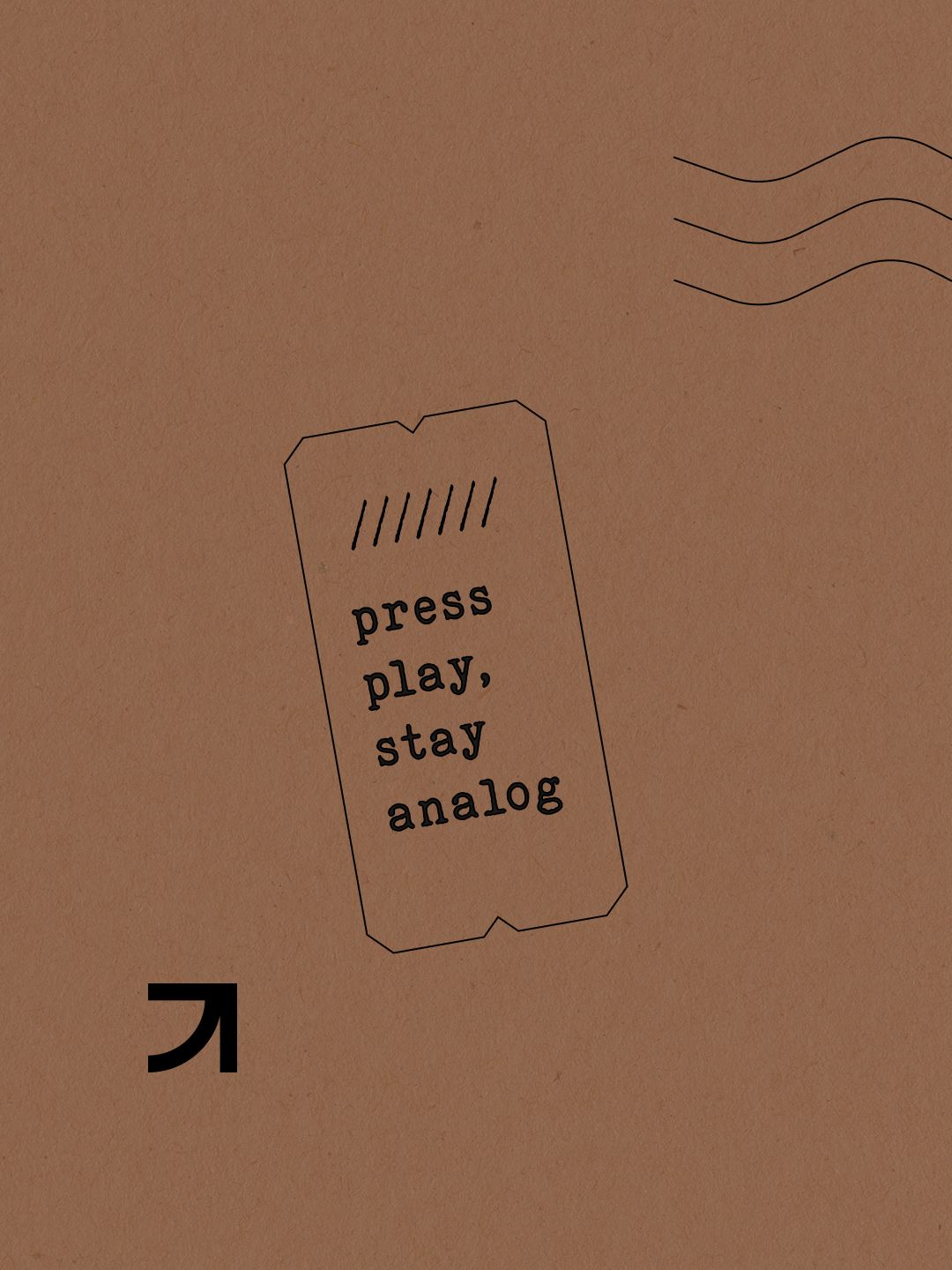
Stay analog

Indian memories and captured radio waves via Rusted Tone Recordings
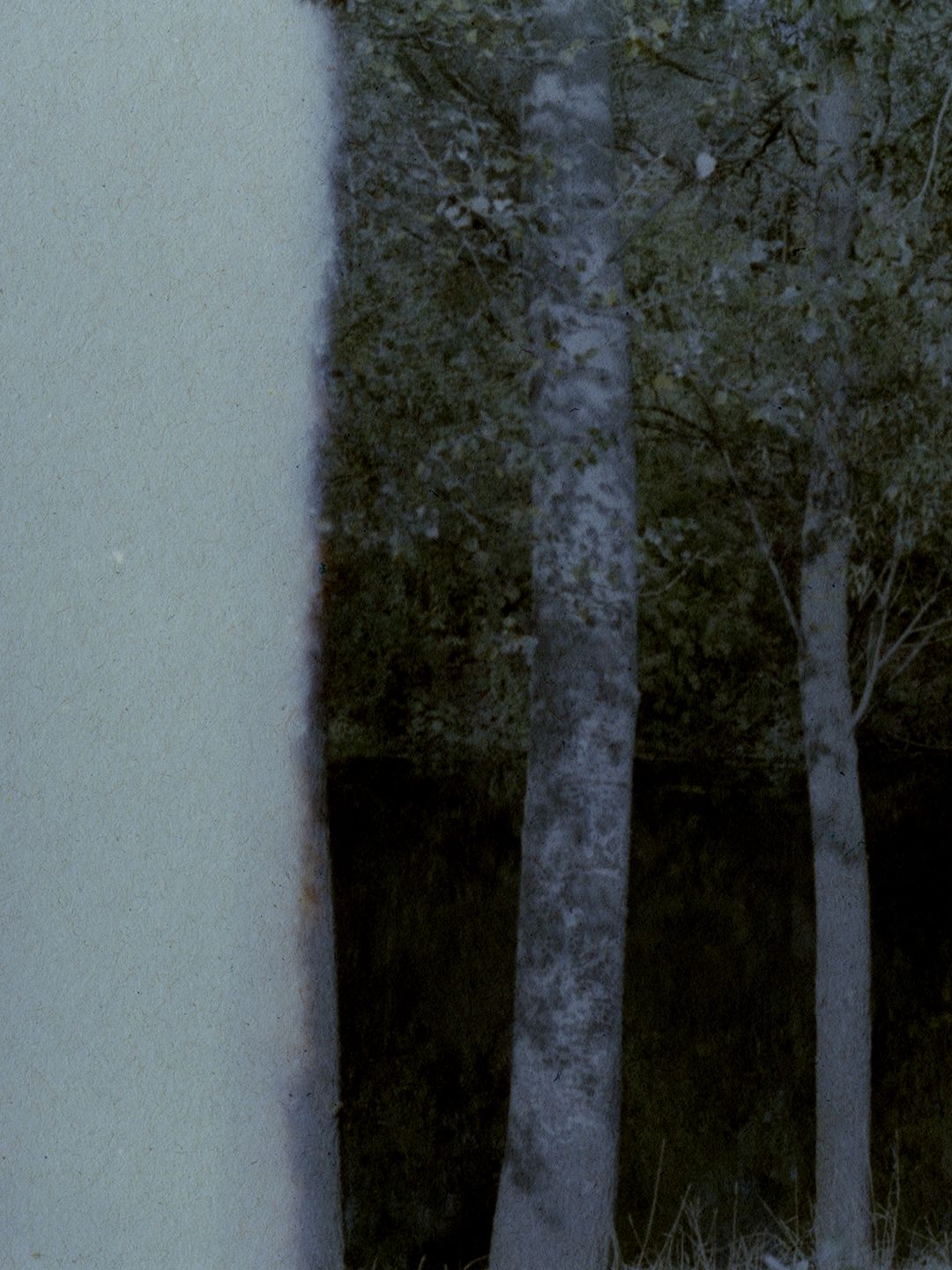
Film is not dead
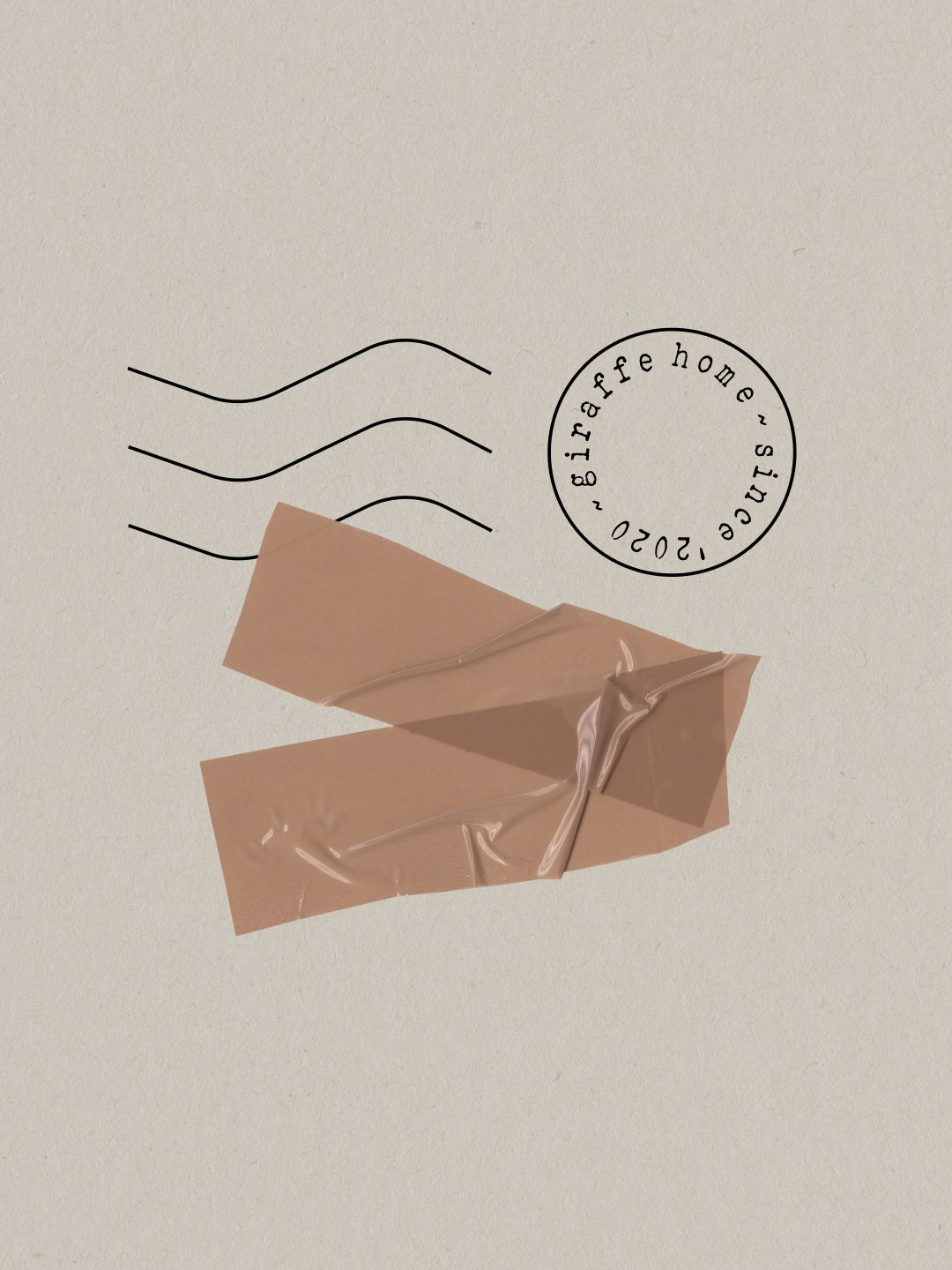
Letters that were never sent
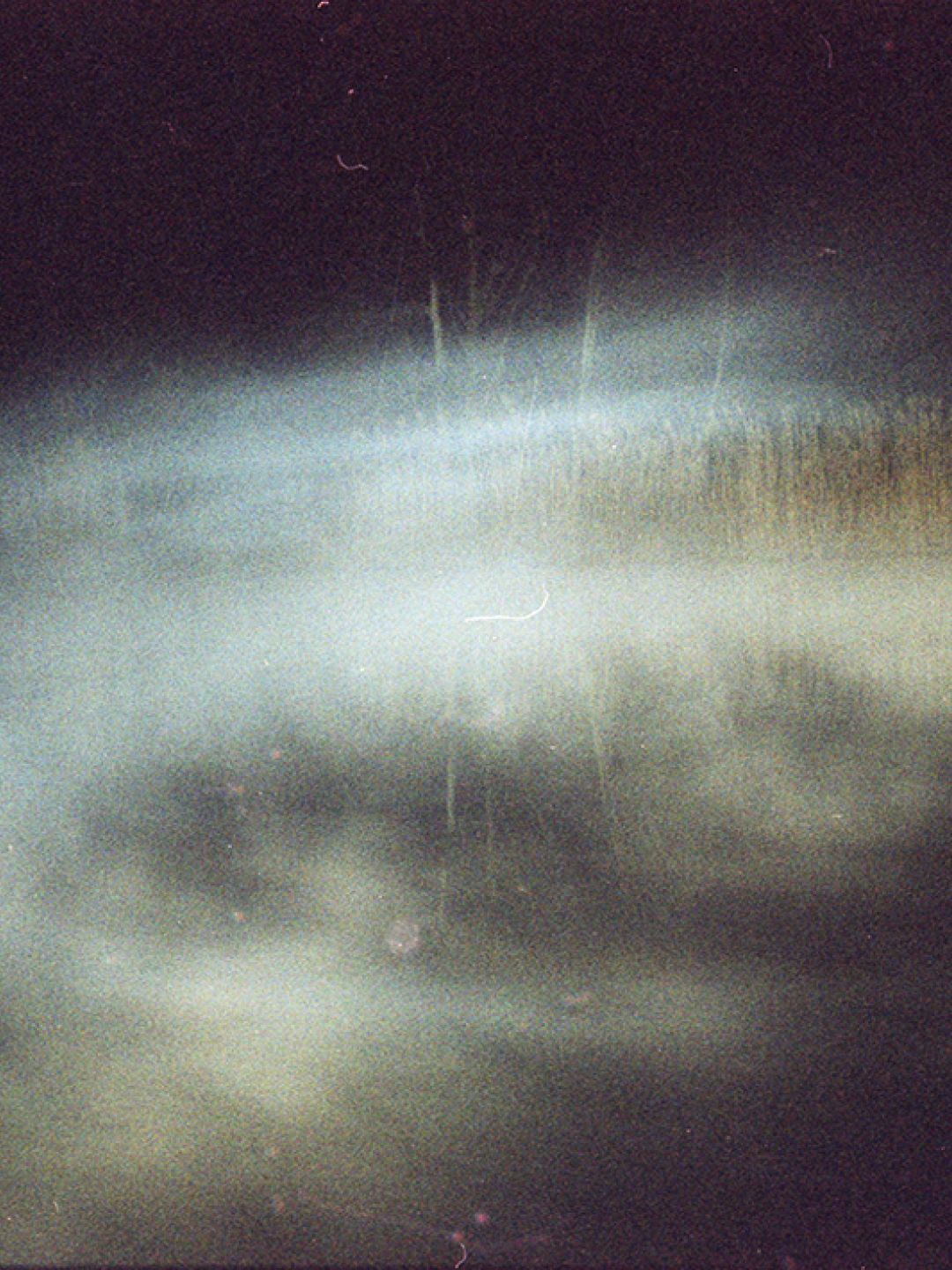
Sometimes a period is just a comma

The old wallpaper
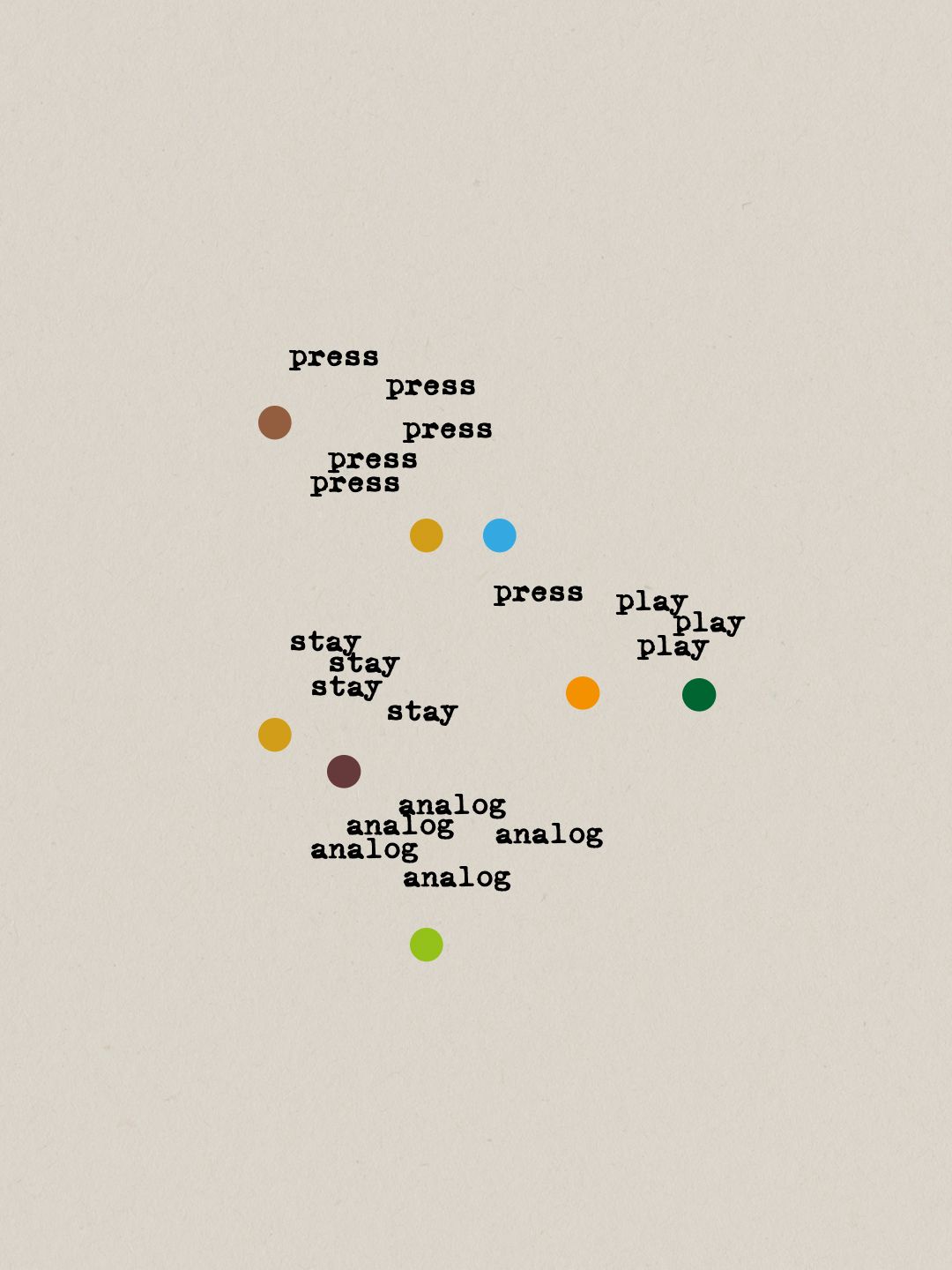
Press play. Stay analog.
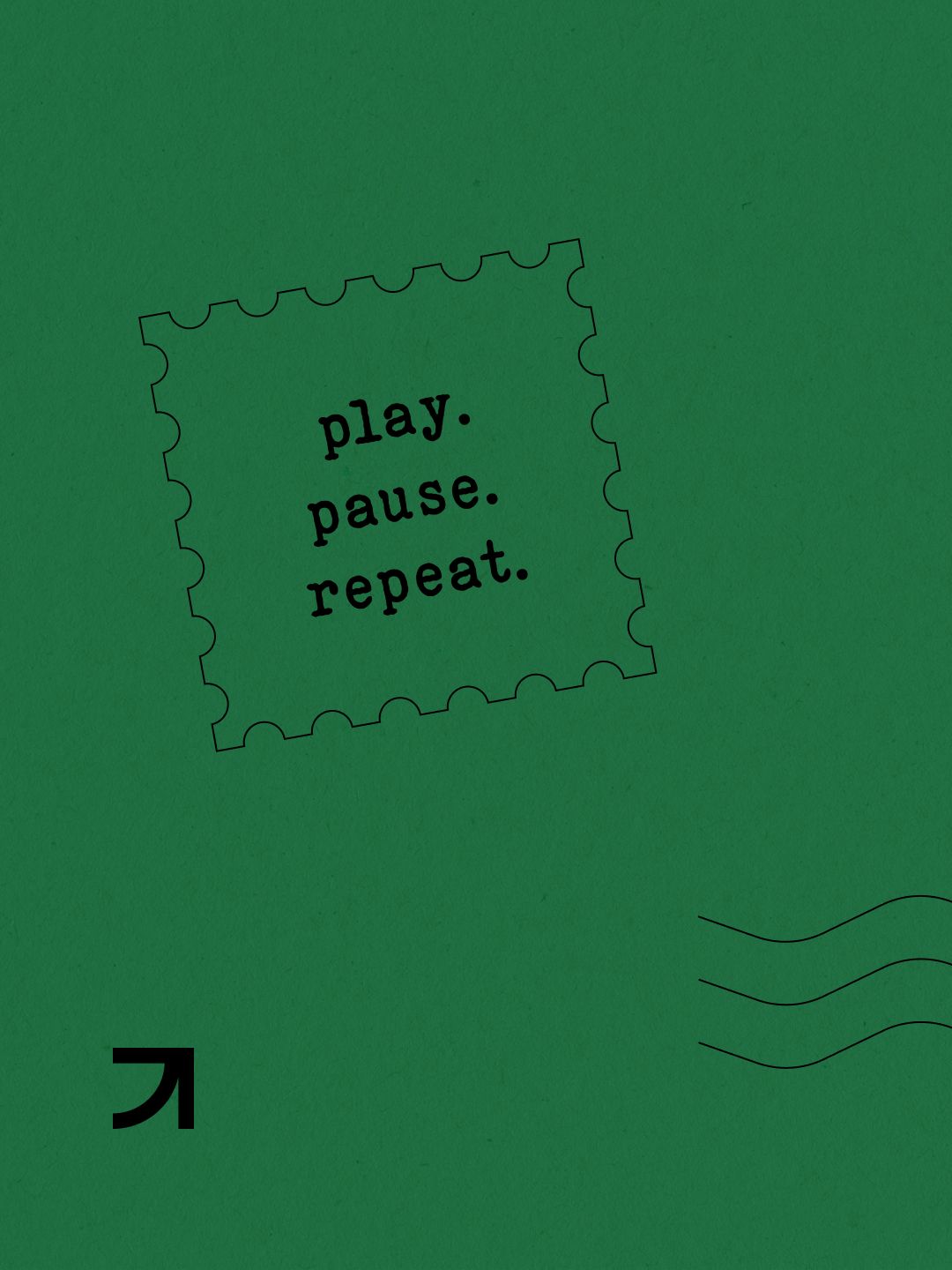
Play. Pause. Repeat.

What does the brick hide?
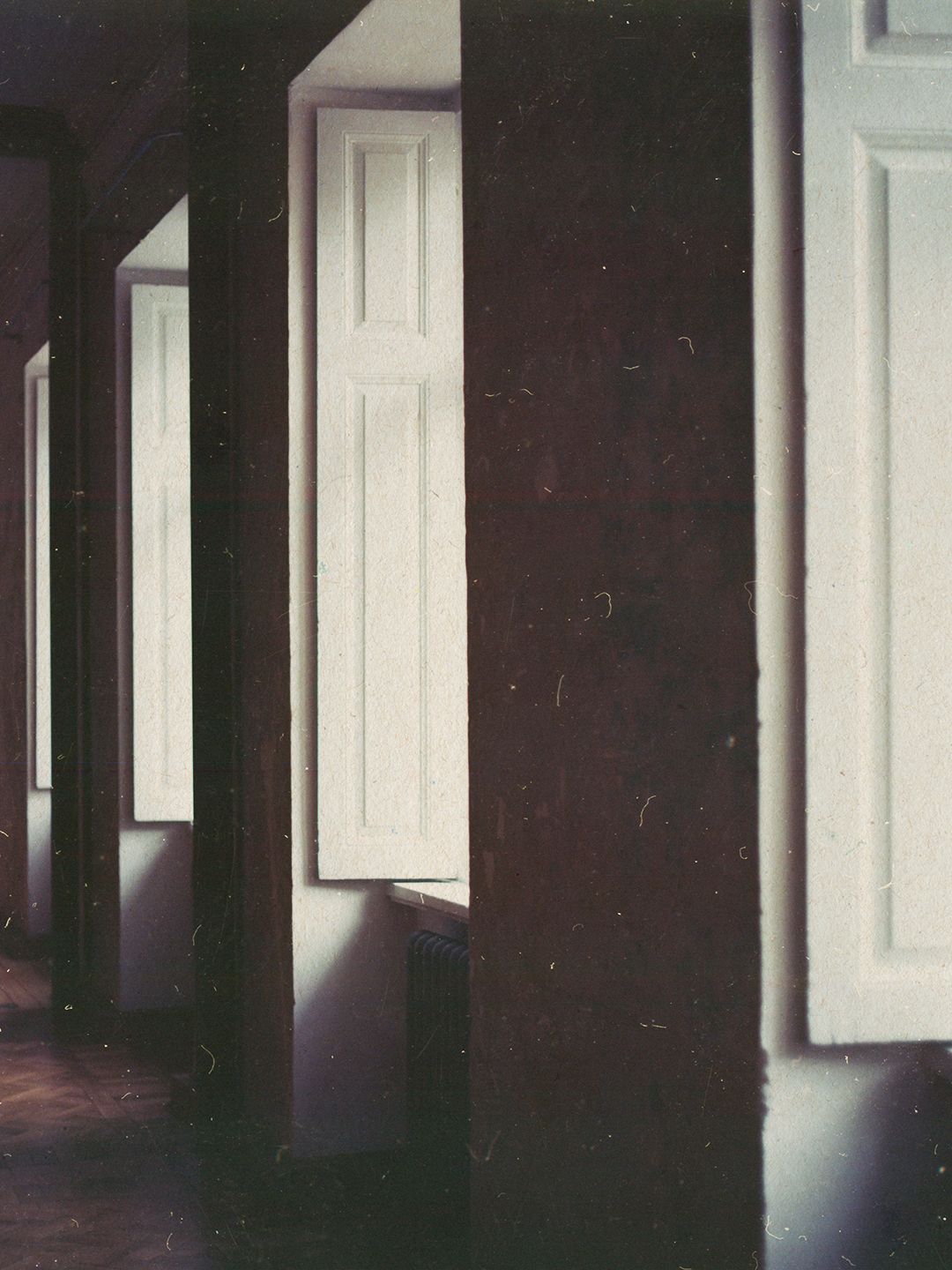
History speaks

Photography isn’t just an image
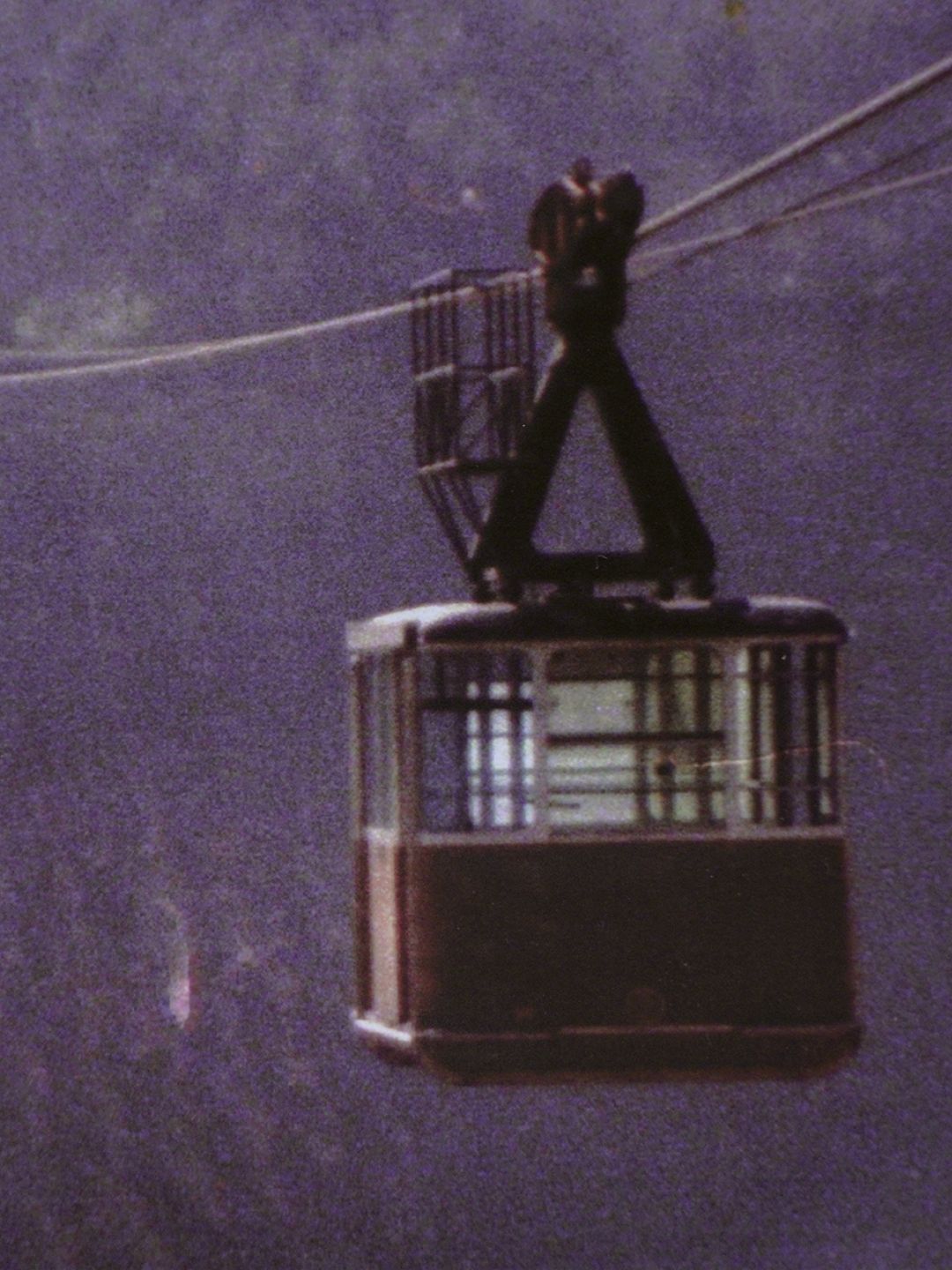
The funicular glides slowly

Black and white symphony
